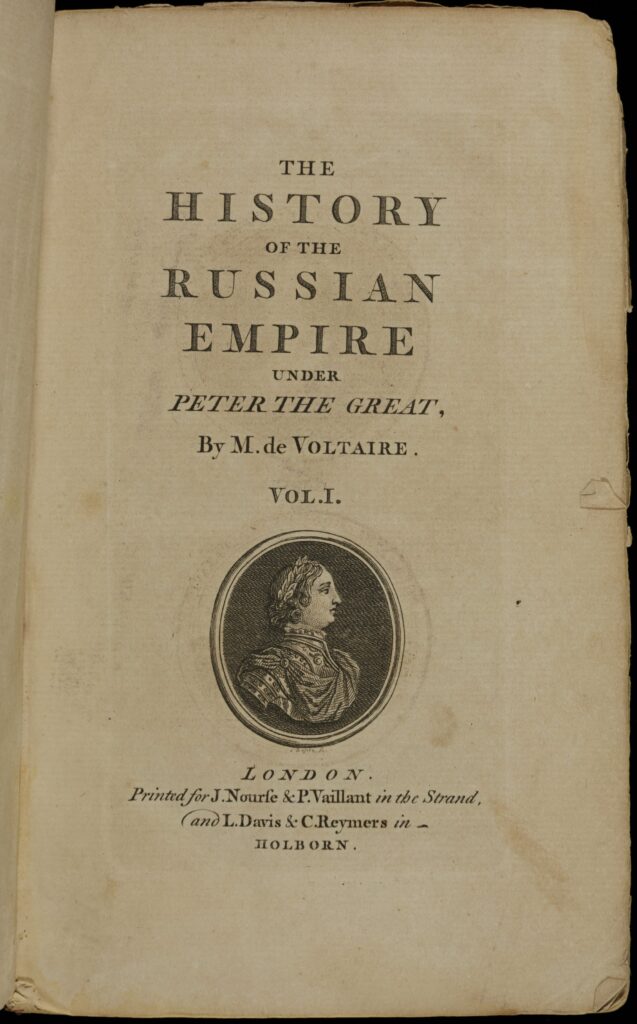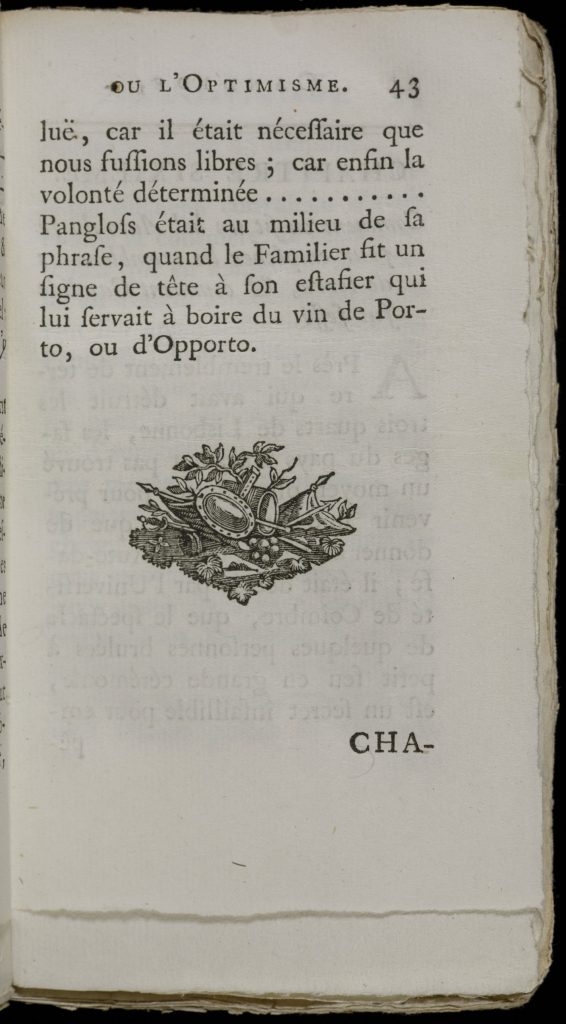Introduction
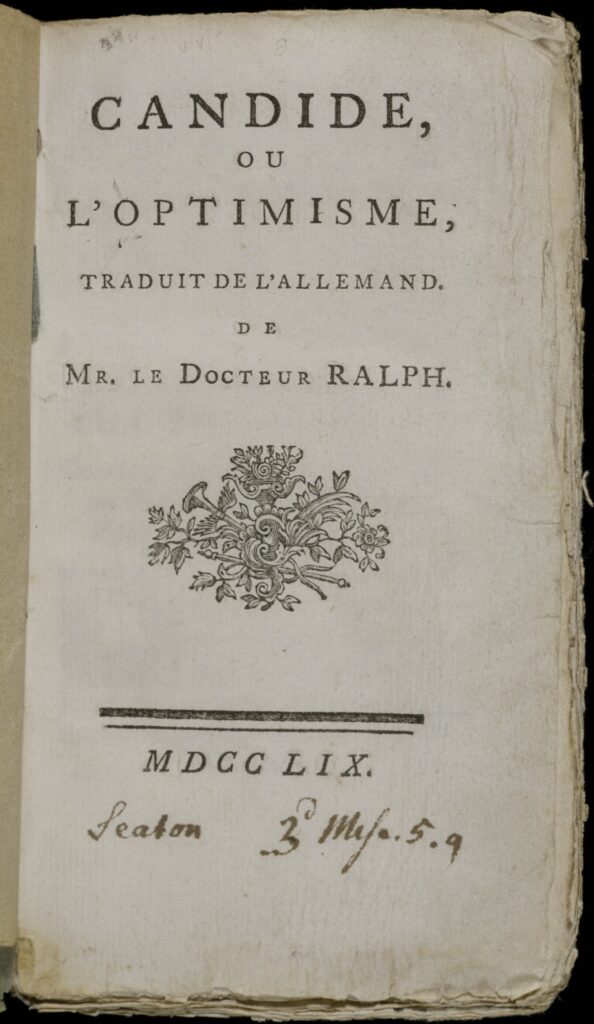
Europe and North America in the eighteenth century was the Age of Enlightenment. An intellectual and cultural movement, the Enlightenment contributed to cultural and political change, drew upon new methods of sociability, and helped forge new ways of thinking that shaped the next two centuries. A large number of men and women participated in the Enlightenment at a variety of levels, and through a number of different methods and venues. One of the outstanding participants in this movement was Voltaire, the pseudonym of François-Marie Arouet (1694-1778). As suggested by Immanuel Kant (1724-1804) in his 1784 essay “What is Enlightenment?”, one of the goals of the age was to “dare to know.” People must be free, he thought, to use their own reason. However, in an age of strong monarchical governments, this was easier said than done. In France, where Voltaire lived most of his life, the various absolute monarchs were inspired by the success of the Sun King, Louis XIV (1638-1715) to try and rule personally. Power, at least in theory, rested solely with the king. Such a government attempted to control the cultural and political life of the people through a variety of means, including censorship, imprisonment, and exile. Voltaire faced all of these tactics of control during the course of his career.
The absolute monarchy in France had some support from the Catholic Church. The church possessed many privileges at this time, including an exemption from taxes. Although there was some toleration of French Protestants, called Huguenots, the Catholic Church held a virtual monopoly on people’s religious lives. Neither the state nor the church felt inclined to look kindly on people like Voltaire, for they actively and openly engaged in criticism of the institutions and attitudes that supported their continued ability to exert control over the nation and its people.
Voltaire was born in Paris to an upper middle-class family. He attended a Jesuit-run boarding school in Paris called the Collège Louis-le-Grand where he displayed a remarkable facility for poetry and theater. Voltaire’s interest in a group of free thinkers led his disapproving father to send him to Caen, France in the hopes of turning his attention to law instead of literature, but it was too late. François-Marie returned to Paris and adopted his soon-to-be-famous nom de plume (pen name) by adding “de Voltaire” to his name, a change that implied a nobleness of birth he did not possess. French culture, with its philosophical salons and coffee shops, along with public lectures, newspapers, and other venues, provided ample opportunities to engage in enlightened activities.
Although he grew up in Paris, and stayed for a time in England (while in exile) and in Prussia (at the invitation of the Prussian King Frederick I), he lived most of his life in France but outside of Paris, often near the border with Geneva in case he needed to make a quick get-a-way and avoid arrest. Voltaire wrote prolifically and made use of nearly every literary style and subject. Although he started out writing poems and plays he turned quickly to treatises and histories touching on subjects ranging from religion, world history, politics, legal advocacy, short stories and novellas, philosophy, and science. His correspondence was vast. Modern editions of his collected works total 135 volumes. Voltaire died in Paris in 1778.
Essential Questions:
- What areas of thought does Voltaire engage with?
- How does Voltaire seek to persuade his audience of his views? Through reason and persuasion? Polemic? Humor? Outrage? In what ways do we see his persuasive techniques in action?
- Who is the target audience for Voltaire’s writings? How might his audience have received them?
Exile and the English Letters
Voltaire wrote and published a number of early works, some of which got him into trouble with the state. He was imprisoned at the infamous Bastille and exiled (for the first time) in 1717 for implying the Regent of France had committed incest. A few years later, an insult led the Chevalier de Rohan to have his men issue a beating to Voltaire, who then tried to challenge Rohan to a duel. But Rohan’s noble status meant that Voltaire was arrested again, and was offered a chance to accept exile instead of spending more time in the Bastille. He chose exile, this time to England where he lived from 1726 to 1729.
While in England, Voltaire met a number of famous people, including the poet Alexander Pope (1688-1744). He also changed the focus of his work. Up to this point his major works had focused on poetry and plays, but Voltaire turned his attention to other formats and topics. Somewhat wittily, it has been written that Voltaire arrived in England a poet and left it a philosopher. More accurately, he changed the structure and form of his work and turned more, but not exclusively, to prose works. Most impressively, Voltaire produced the Letters Concerning the English Nation (Lettres philosophiques). He published this volume first in English in 1733, but they quickly appeared in French in 1734.
Selection: Voltaire, Letters Concerning the English Nation (1733)
The letter on trade lauds English merchants and their success in influencing politics while ridiculing French nobles who believe they are superior due only to their titles.
The format of using letters was well established. Writers had used this format to express social and political critique since antiquity, but they had also been used more recently to great effect by Montesquieu (1689-1755) in his Persian Letters (Lettres persanes) in 1721. In this case, Voltaire was able to establish himself as a commentator on England, although the real target of the letters was France. By lauding components of English society, Voltaire could, through an implied comparison, critique his native country. In his letter “On the Government,” for example, he notes, “No one is exempted in this Country [England] from paying certain Taxes, because he is a Nobleman or a Priest.” This comment can be seen as an indirect critique of the practice in France, and elsewhere, to allow both the aristocracy and the church to avoid taxes at the expense of everybody else. Voltaire discussed science, religious tolerance, political theory, commerce, freedom of the press, and other key topics. His discussion of the English case was not always accurate – he had a tendency to overstate just how free the English were. Nonetheless, he drove his points home. The book got him into immediate trouble. Although he had returned to Paris in 1729, he was forced to leave the capital city and move into the countryside where he could make a quick escape if the state decided to arrest him again.
Discussion Questions:
- What impact do English merchants have on European politics, according to Voltaire?
- How do English traders stand when compared to French nobles?
- How might Voltaire’s letters provoke a culture of criticism in France and encourage movements for change?
Popularization of Science and Emilie du Châtelet
After the publication of the Letters Concerning the English Nation, Voltaire’s fame, or infamy, skyrocketed. Voltaire was involved in many projects throughout his life, on a variety of topics and in a number of formats, but one of the works that emerged next concerned the popularization of science, and in particular Newtonian physics. He was in good company in this endeavor as the former head of the French Royal Academy of Sciences, Bernard de Fontenelle, had written a well-known popularization of the physics of René Descartes, the Conversations on the Plurality of Worlds (1686).
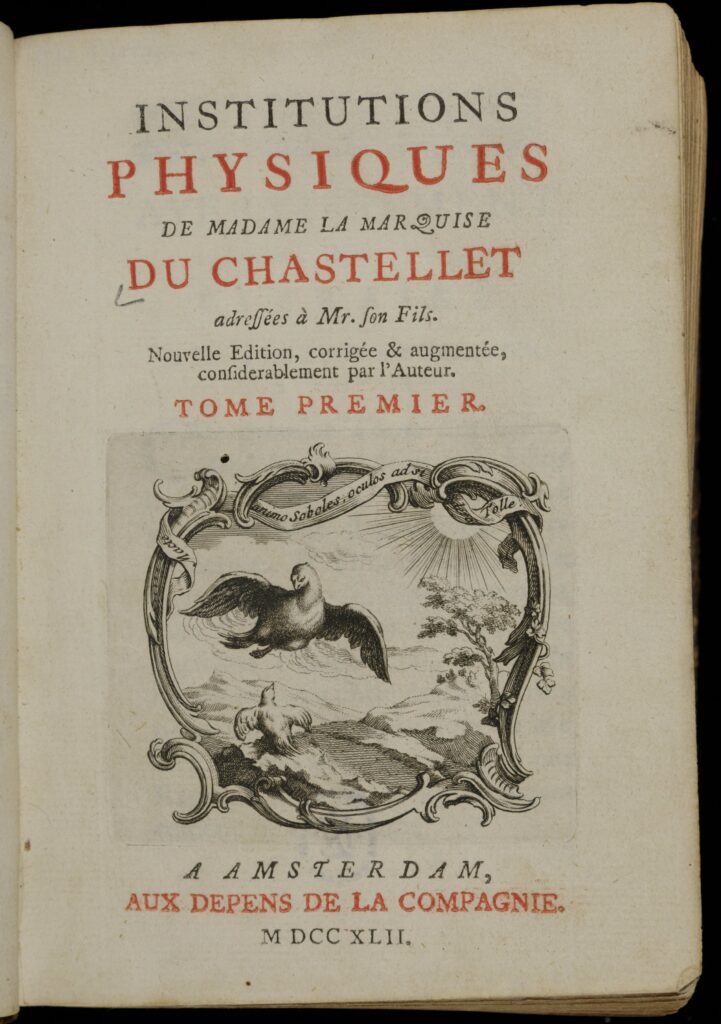
Voltaire’s attempt to summarize Isaac Newton’s physics was, arguably, more challenging and he chose not to undertake it alone. His companion in this endeavor was the Marquise Emilie du Châtelet (1706-1749) at whose chateau he was living after he left Paris. He stayed there from 1734 until her death in 1749. Although du Châtelet was married, for some of the time Voltaire lived at her house they were lovers. Du Châtelet proved the perfect companion for someone attempting to master Newton, since she translated his Mathematical Principles of Natural Philosophy from Latin into French (and she did it so well, it is still in print), was enormously learned in mathematics, was well versed in the mathematics of Wilhelm Gottfried Leibniz (Newton’s major continental rival), and wrote her own book on science, the Institutions of Physics (1740). This book was ostensibly a textbook written for her son in which she sought to reconcile Newtonian ideas with those of Willhelm Gottfried Leibnitz, who had simultaneously invented calculus. Her ideas were largely dismissed, or even unread, and her attempt to combine Newton and Leibnitz sexualized as a “betrayal” of Newton. Without her help, though, Voltaire could never have written the Elements of the Philosophy of Newton (1738). Arguably, Voltaire’s book should list du Châtelet as co-author. Instead, at her death Voltaire wrote that she “was a great man, whose only fault was being a woman.”
Selection: Voltaire, Elements of Sir Issac Newton’s Philosophy (1738)
In Voltaire’s Elements of the Philosophy of Newton he praises the Marquise Emilie du Châtelet but does not go so far as to acknowledge just how much she helped him in understanding and popularizing Newtonian philosophy. This except also includes a section where Voltaire explains gravitational attraction.
Voltaire also tried to duplicate many of the experiments, with du Châtelet’s help, from Newton’s Opticks (1704). To do this, he relied on assistance from the great Jean-Antoine Nollet (1700-1770), an expert in experimental physics who taught classes to students for decades in Paris and was renowned as a popularizer of science. Voltaire’s work emerged at about the same time as another popularization of Newton, this one focusing on optics, written by the Italian Count Francesco Algarotti, Newtonianism for Ladies (1737). Algarotti’s book was modeled more directly on that of Fontenelle, while Voltaire sought to encapsulate all of Newton for an audience of men and women.
Discussion Questions:
- How does Voltaire praise the Marquise Emilie du Châtelet in the introduction?
- What is Voltaire’s goal in writing this book? Who do you think his audience might be?
- How does Voltaire’s focus on science help “rationalize” Enlightenment thought in general?
Historical Works
In 1745, Voltaire was made royal historiographer to the court of Louis XV and in 1746 he was elected to the premier literary association of France, the Académie Française. His election to the latter group was not without strife, as his polemical writings had made him unpopular with some of the people in a position to thwart him. Nonetheless, his election did acknowledge his place as one of the premier writers of his day. Created by Cardinal Richelieu in 1635, Academy membership was limited to forty people at any one time. To be elected as one of the “immortals” was truly an honor.
It is a demonstration of his ease with multiple topics that Voltaire wrote poems, plays, histories, works of science and philosophy, polemics, and other literary genres with equal facility. His historical works had begun during his exile in England when he worked on a History of Charles XII (Histoire de Charles XII), the Swedish king, published in 1731. He also wrote a History of Peter the Great, Emperor of Russia (De l’empire de russie sous Pierre le grand) that appeared in 1760.
Selection: Voltaire, The History of the Russian Empire under Peter the Great (1760)
In this excerpt from The History of the Russian Empire under Peter the Great, Voltaire is describing the uprising that took place while Peter was on his Great Embassy (1697-1698) and Peter’s response to it.
One of his most significant historical achievements was a history of the age of Louis XIV. In every case, Voltaire tried to evaluate documents and engage in historiographical analysis rather than simply narrate a story. The result in this instance, The Century of Louis XIV (Le siècle de Louis XIV), appeared in 1752 while Voltaire was in Potsdam at the court of Frederick the Great of Prussia. Even more ambitious was Voltaire’s attempt at world history, a comparison of the views and opinions of people across the globe. His multi-volume effort, An Essay on the Universal History, the Manners, and the Spirit of Nations (Essai sur les moeurs et l’esprit de nations), appeared in 1756 although as with many of his works he continued rewriting and adding to it throughout his life.
Discussion Questions:
- How does Voltaire describe Peter’s treatment of the conspirators? Does he laud Peter? Criticize Peter?
- Why might Voltaire have chosen to write about Peter the Great? How does this relate to his other historical works and the project of the Enlightenment?
Candide and the Lisbon Earthquake
In 1755 an earthquake rocked Lisbon, Portugal, almost destroying the city and surrounding countryside and resulting in the deaths of thousands of people. Voltaire responded to the disaster within weeks with his “Poem on the Lisbon Disaster” (1755). However, his more sustained response to the earthquake came four years later with the publication of Candide (1759).
Selection: Voltaire, Candide, ou, L’optimise (1759)
In this excerpt from Candide, Voltaire describes the death of Jacques the Anabaptist, who had previously saved Candide. This is followed by the unbelievable carnage and the death of 30,000 people in Lisbon in the wake of an earthquake. Candide and Pangloss, however, still believe all is for the best. At the end of the chapter, they are identified by a spy for the Inquisition as heretics.
Translation:
Storm, Shipwreck, and what became of Dr. Pangloss, Candide and Jacques the Anabaptist.
Half of the passengers, weakened and dying from the inconceivable agonies that the rolling of a ship causes on the nerves and the humors of a body shaken in every direction, were not strong enough to recognize the danger. The other half shrieked and prayed; the sails were torn to shreds, the masts broken, the hull split open. Everybody worked who could, but no one worked together and no one commanded. The Anabaptist was trying to help in the maneouvers; but a brutish sailor struck him roughly and laid him sprawling The violence of the blow caused the sailor to fall head first overboard, and stuck upon a piece of the broken mast. The good Jacques ran to his assistance, hauled him up, and from the effort he made was tossed into the sea in sight of the sailor, who left him to perish, without deigning to look at him. Candide drew near and saw his benefactor, who rose above the water one moment and was then swallowed up for ever. He was just going to jump after him, but was prevented by the philosopher Pangloss, who demonstrated to him that the Bay of Lisbon had been made on purpose for the Anabaptist to be drowned. While he was proving this à priori, the ship foundered; all perished except Pangloss, Candide, and that brutal sailor who had drowned the good Anabaptist. The villain swam safely to the shore, while Pangloss and Candide drifted to shore upon a plank.
As soon as they recovered themselves a little they walked toward Lisbon. They had some money left, with which they hoped to save themselves from starving, after they had escaped drowning.
Scarcely had they reached the city, mourning the death of their benefactor, when they felt the earth tremble under their feet. The sea swelled and foamed in the harbor, and beat to pieces the vessels riding at anchor. Whirlwinds of fire and ashes covered the streets and public places; houses fell, roofs collapsed on the foundations, and the foundations disappeared. Thirty thousand inhabitants of all ages and sexes were crushed under the ruins. The sailor, whistling and swearing, said there was loot to be gained here.
“What can be the sufficient reason of this phenomenon?” said Pangloss.
“This is the end of the world” cried Candide.
The sailor ran among the ruins, defying death to find money; finding it, he took it, got drunk, and having slept himself sober, purchased the favours of the first good-natured wench whom he met on the ruins of the destroyed houses, and in the midst of the dying and the dead.
Pangloss pulled him by the sleeve. “My friend,” he said, “this is not right. You are going against the universal reason; this is not the time.”
“By the head and blood of Christ” answered the other; “I am a sailor and born at Batavia. Four times have I trampled upon the crucifix in four voyages to Japan; I don’t care about your universal reason.”
Some falling stones had wounded Candide. He lay stretched in the street covered with rubbish.
“Alas!” said he to Pangloss, “get me a little wine and oil; I am dying.”
“This concussion of the earth is no new thing,” answered Pangloss. “The city of Lima, in America, experienced the same convulsions last year; the same cause, the same effects; there is certainly a train of sulphur under ground from Lima to Lisbon.”
“Nothing more probable,” said Candide; “but for the love of God a little oil and wine.”
“How, probable?” replied the philosopher. “I maintain that the point is capable of being demonstrated.”
Candide fainted away, and Pangloss fetched him some water from a neighbouring fountain. The following day they rummaged among the ruins and found provisions, with which they repaired their exhausted strength. After this they joined with others in relieving those inhabitants who had escaped death. Some, whom they had helped, gave them as good a dinner as they could in such disastrous circumstances; true, the repast was mournful, and the company moistened their bread with tears; but Pangloss consoled them, assuring them that things could not be otherwise.
“For,” said he, “all that is is for the best. If there is a volcano at Lisbon it cannot be elsewhere. It is impossible that things should be other than they are; for everything is right.”
A little man dressed in black, a spy of the Inquisition, who sat by him, politely took up his word and said:
“Apparently, then, sir, you do not believe in original sin; for if all is for the best there has then been neither Fall nor punishment.”
“I humbly ask your Excellency’s pardon,” answered Pangloss, still more politely; “for the Fall and curse of man necessarily entered into the system of the best of worlds.”
“Sir,” said the spy, “you do not then believe in liberty?”
“Your Excellency will excuse me,” said Pangloss, “liberty is consistent with absolute necessity, for it was necessary we should be free; for, in short, the determinate will——”
Pangloss was in the middle of his sentence, when the spy beckoned to his footman, who gave him a glass of wine from Porto or Opporto.
Voltaire had already written a number of short stories and works of fiction such as Zadig (1747) and Micromégas (1752). Candide, however, would prove one of his most popular and enduring works. The story revolves around the young, naïve Candide (the name “Candide” means “naïve”) who falls in love with Cunegonde, the daughter of his local lord, and is consequently kicked out of the country. He spends the rest of the novella trying to find his lost love and achieve happiness. He is helped on his quest by his tutor, Dr. Pangloss, who espouses a philosophy that this is the best of all possible worlds, a parody of the philosophical system proposed by Gottfried Leibniz. Through beatings, disease, near-death experiences, starvation, and every other imaginable strife, Candide and Pangloss roam the world looking for Cunegonde and believing that all of the problems they face are really for the best.
Voltaire used this novella to grapple with events outside the control of people—like the Lisbon earthquake. Young Candide searches for happiness, but he is met at every turn with disaster. In this way, Voltaire asked why there was suffering in the world, something he felt very keenly himself. (For instance, Voltaire became ill every year on the anniversary of the 1572 St. Bartholomew’s Day Massacre, an event during the French Wars of Religion when Catholics in France went on a rampage, encouraged by state and church leaders, and killed thousands of Protestants.) In Candide, Voltaire argued against Leibniz’s idea of the principle of sufficient reason, which asserts that everything that happened in the world happened for a reason and because God willed it. When faced with the Lisbon earthquake, Voltaire could not accept that God, or anyone, would have willed it and that somehow the deaths of thousands of people served a higher purpose. The novella ends with Cunegonde, Candide, Pangloss and other characters deciding to live life and learn “to cultivate our garden,” a metaphor that has engendered considerable discussion ever since Voltaire first wrote it. The idea could be taken literally, as a way to avoid the traps of philosophy and urban culture, or more figuratively, as a path for inner contemplation leading to the improvement of the self.
Discussion Questions:
- How does Voltaire describe the carnage of Lisbon in the wake of the earthquake?
- How does Pangloss argue that, in spite of the devastation of Lisbon, this is the “best of all possible worlds”?
- How does Voltaire’s criticism here compare with his earlier works and the idea expressed by Immanuel Kant that the motto for the Enlightenment should be “dare to know”?
The Calas Affair and Religious Toleration
Voltaire spent much of his life questioning religion and demanding toleration in various ways. Religion, he believed, was the source of considerable evil in the world. While much of this critique came in the form of the abstract writings, Voltaire was also be prompted to respond to specific current events.
One of the prime examples was the Calas affair. Jean Calas was a French Protestant (Huguenot) living in Toulouse. Although King Henry IV had issued the Edict of Nantes in 1598 giving some toleration to Huguenots, Louis XIV had overturned it in 1685. This meant the Huguenots were at best tolerated and could be subject to legal prosecution. In this environment, one of Jean Calas’s sons had converted to Catholicism. While a second son, Louis, was also considering conversion, he committed suicide by hanging himself. Since suicide was also a crime at this time, and the bodies often defiled and the families shamed, the Calas family decided to make Louis’ death look like a murder. But the authorities decided that Jean Calas had killed his son to prevent his conversion. He was tortured but continued to profess his innocence. Nonetheless, he was found guilty, based on some rather dubious evidence, and executed by being broken on the wheel.
It was at this point that Voltaire heard of the case and began to fight to have the conviction overturned. It was too late to save Jean Calas’s life, but he could restore his reputation and save other family members from prosecution. Voltaire wrote letters, and a lengthy Treatise on Toleration (1763), and vigorously campaigned on behalf of the Calas family. It was Catholic fanaticism, he wrote, that had led to the death of Jean Calas and his son. In the end, Voltaire was successful and Jean Calas’s name was cleared. Voltaire, however, continued to campaign for other people he believed had been the victims of religious persecution.
Selection: Voltaire, A History of the Misfortunes of Jean Calas (1775)
In this section from the story of Jean Calas, Voltaire describes the town’s reaction to the arrest of Jean Calas for the murder of his son.
The 1760s was an important moment in the history of toleration, as Cesare Beccaria’s famous critique of torture and unfair punishment of crimes, On Crimes and Punishments, appeared in 1764. Beccaria (1738-1794), only 25 years old at the time he wrote this book, condemned torture and the death penalty in this widely influential book. It was quickly translated into multiple languages and became a best-seller. Voltaire drew heavily on Beccaria’s arguments in defending Jean Calas and others, especially with respect to judicial questioning, torture, and the proper penalties for crimes up to and including the death penalty.
Selection: Ceasare Beccaria, On Crimes and Punishments (1764)
Cesare Beccaria argues, in An Essay on Crimes and Punishments, that torture should not be used on people.
Discussion Questions:
- Under what conditions would Beccaria allow for torture, if any? Does Beccaria believe torture will help determine guilt?
- How did people react to Calas’s arrest?
- Why does Voltaire emphasize superstition and fanaticism in this excerpt?
The Philosophical Dictionary and the Encyclopedia
While individuals during the Enlightenment produced a number of books, including many by Voltaire, that influenced people across generations, one of the projects for which the period is best known remains a group effort. Denis Diderot (1713-1784) and Jean d’Alembert (1717-1783) organized hundreds of writers who contributed over 71,000 articles to the finished work, the Encyclopedia (Encyclopédie, ou dictionnaire raisoné des sciences, des arts et des métiers). It was published between 1751 and 1772 in 28 volumes, including 17 volumes of articles and 11 volumes of illustrations. The most famous philosophers of the day, and many who were not so famous, contributed to this effort—including Voltaire. It was an enormous project and it faced constant obstacles, including censorship by the state.
Ultimately, Voltaire would decide that such a monumental effort failed to reach enough people fast enough, and he decided to develop a pocket-sized version. As he noted, “twenty folio volumes will never make a revolution: it’s the small portable books at thirty sous that are dangerous. If the Gospel had cost 1,200 sesterces, the Christian religion would never have been established” (qtd. in Peter Gay, The Party of Humanity, [1964], p. 112). The gist of this quote is that books that cost on a few pennies (sous) are dangerous while books that cost hundreds of dollars (sesterces) might never be read by anybody.
The result was the Philosophical Dictionary (Dictionnaire philosophique), printed in 1764. The initial version had 73 articles, although Voltaire expanded later editions. Voltaire used his dictionary to criticize organized religion, especially Christianity, and morality in general along with historical topics (such as the Inquisition), economic concepts like luxury, and political entries such as one on “Laws” or “On Liberty.” The content was highly inflammatory and Voltaire, writing at the peak of his fame, felt it prudent to publish it anonymously, although people quickly determined that he was the author. It was about this time that Voltaire’s battle cry against religion, “Crush the vile thing!” (écrasez l’infâme!), became both prominent and notorious.
Selection: Voltaire, Philosophical Dictionary (1764)
These excerpts from Voltaire’s Philosophical Dictionary deal with the topics of superstition and toleration.
In the wake of his success with the Calas affair, Voltaire had remained publicly active in other legal matters. One of the cases in which he failed to clear the victim was that of a nineteen-year-old man named La Barre, who had been tried for various minor acts of sacrilege, one of which was that he had in his possession a copy of Voltaire’s Philosophical Dictionary.
Discussion Questions:
- What behaviors does Voltaire consider superstitious? How does he relate superstition to contemporary religious practices?
- How does Voltaire argue for toleration? What is his goal in this entry?
- Why do you think people identified Voltaire as the author for the Philosophical Dictionary, despite his alleged anonymity?
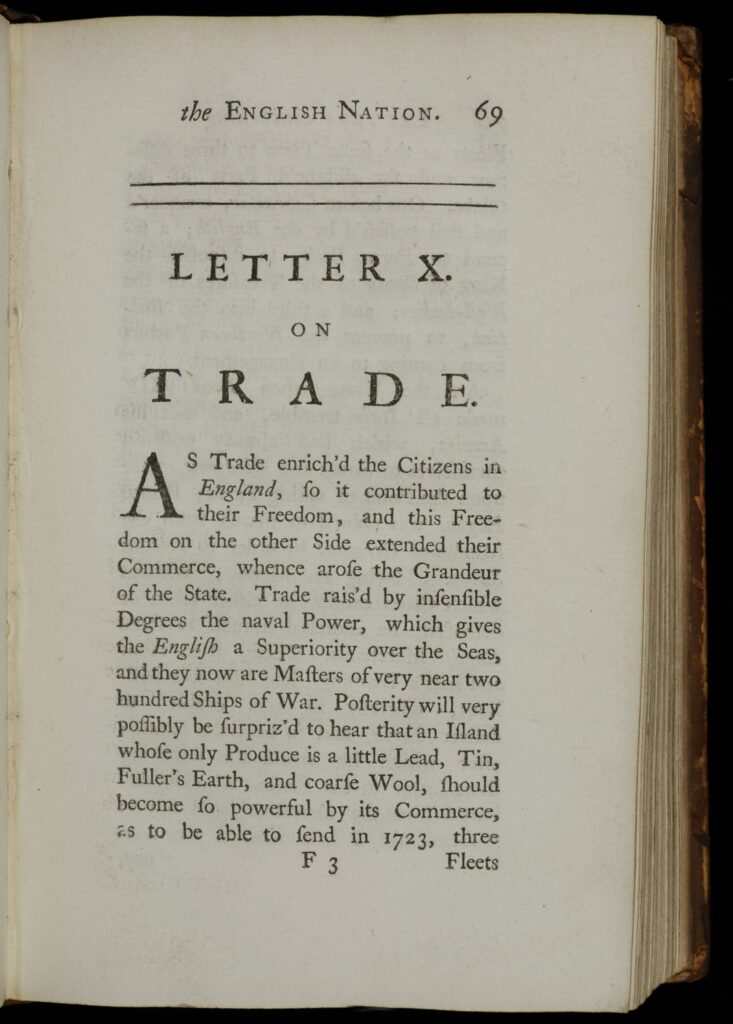
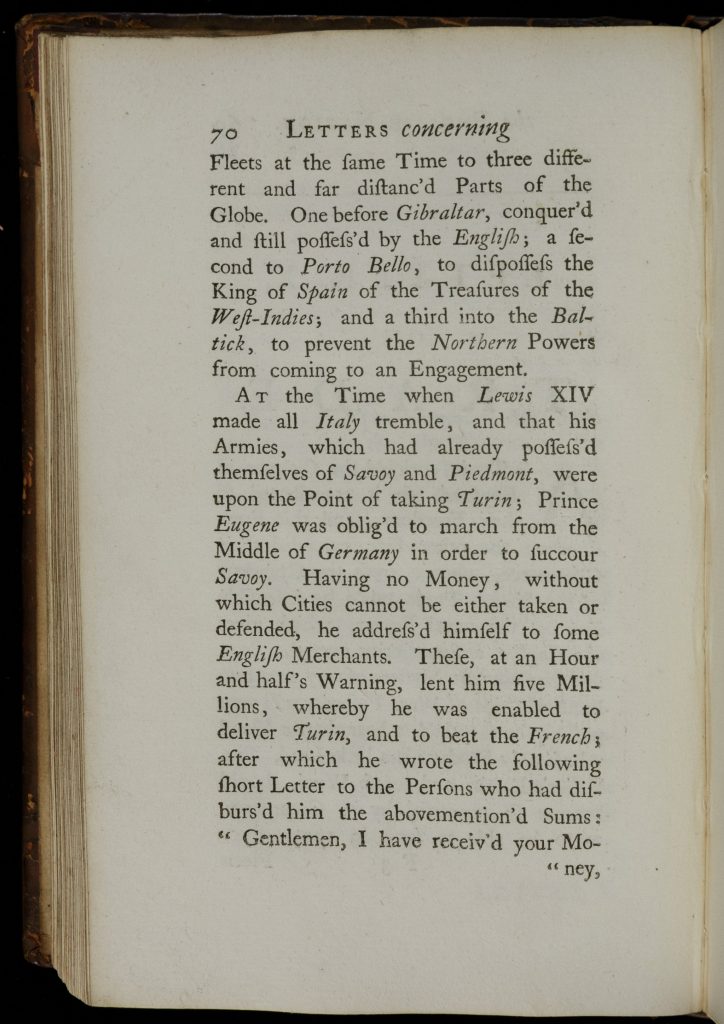
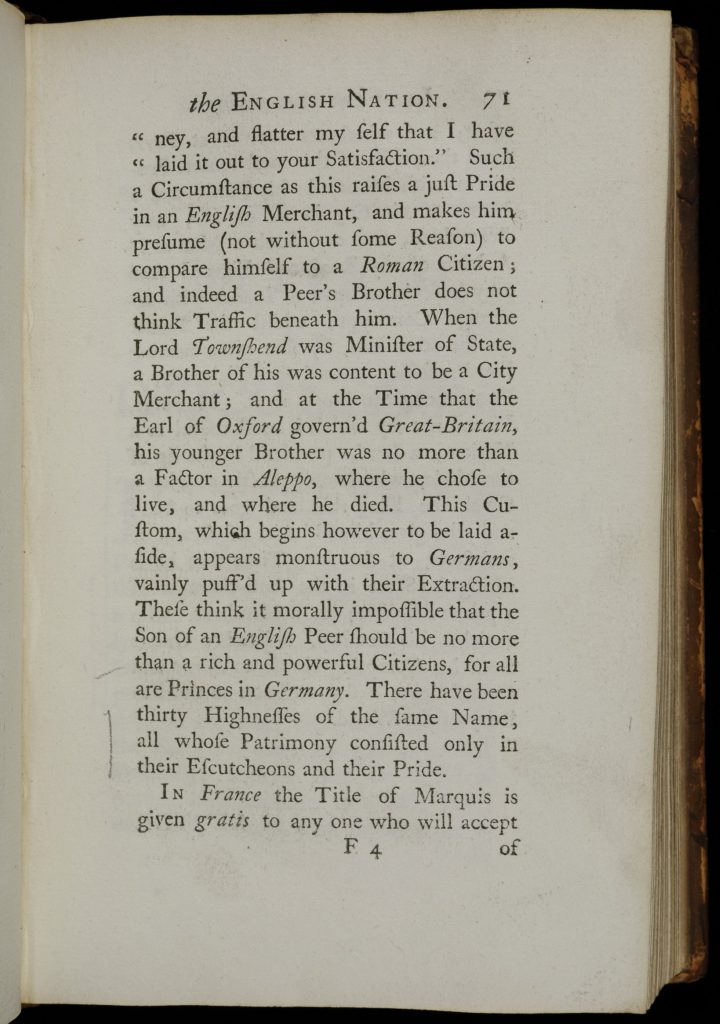
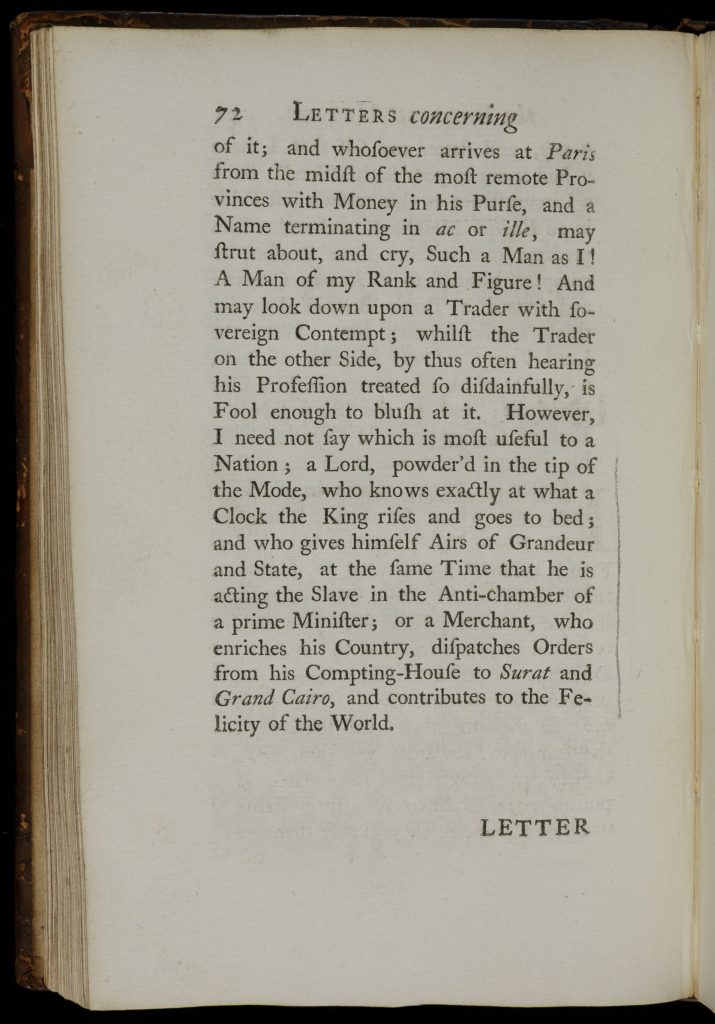

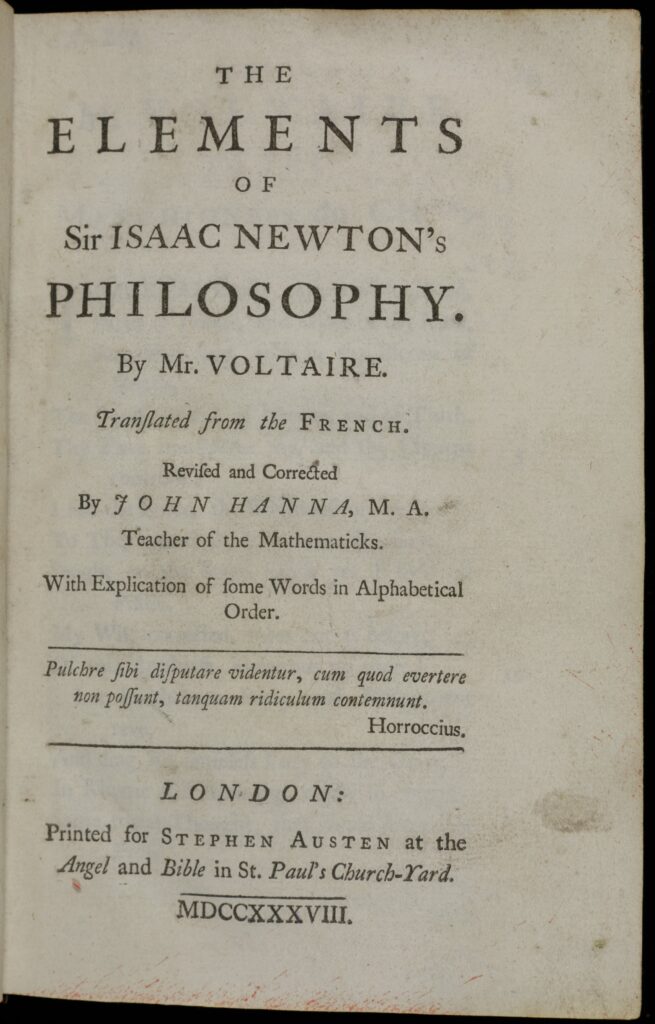
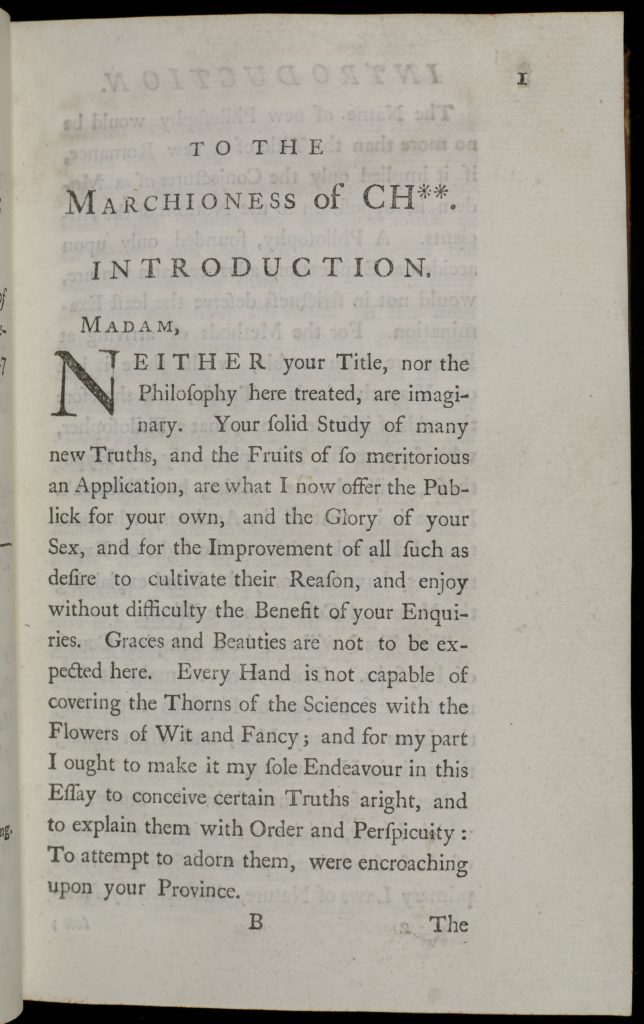
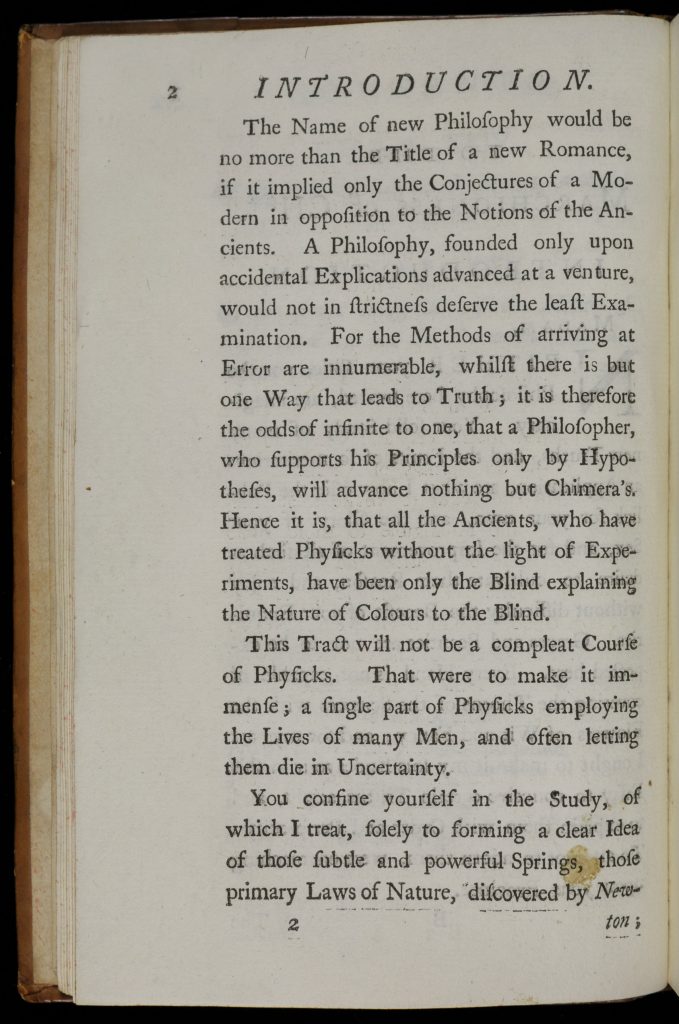
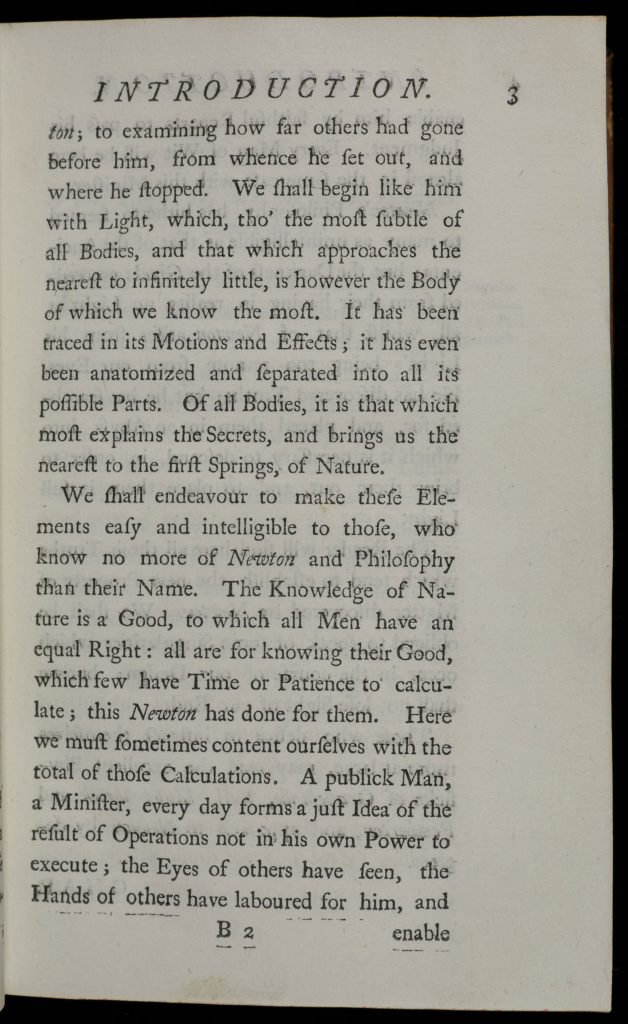
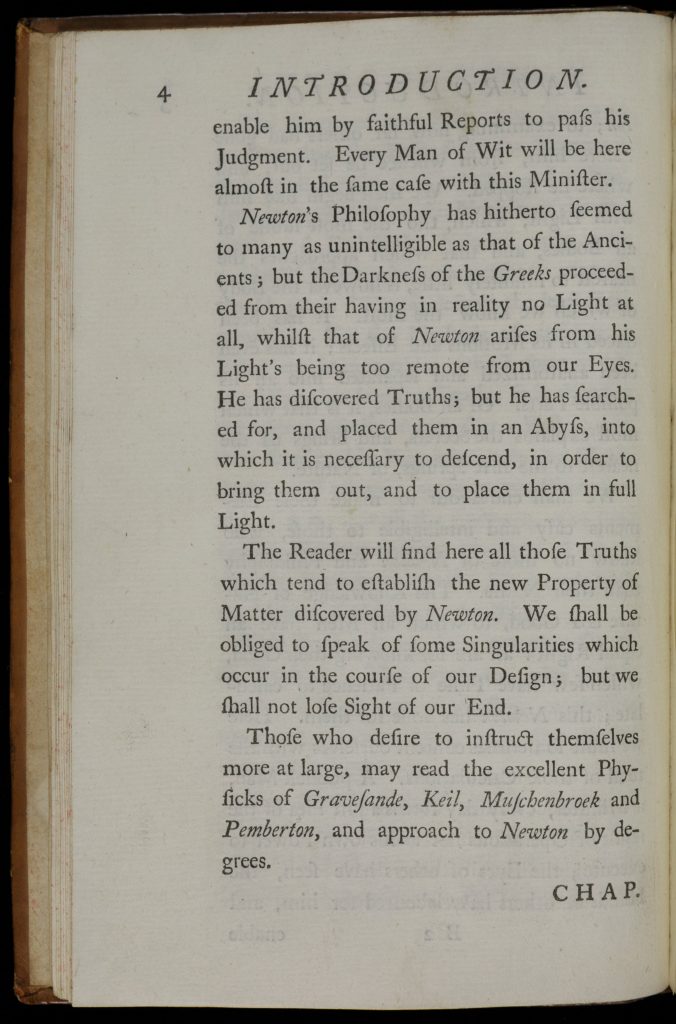
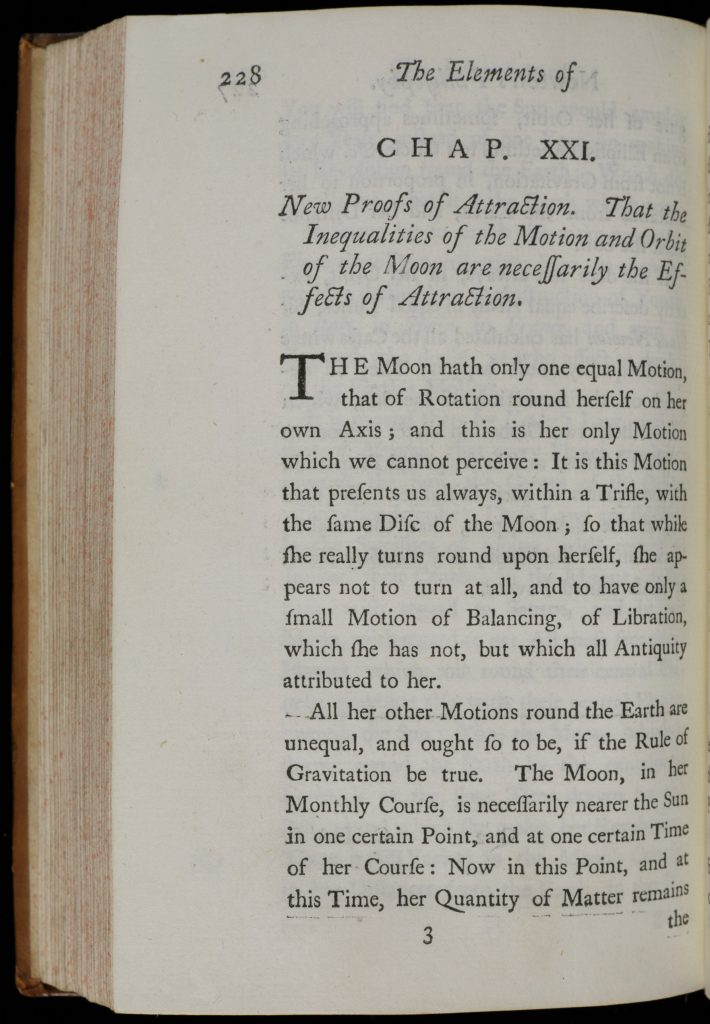
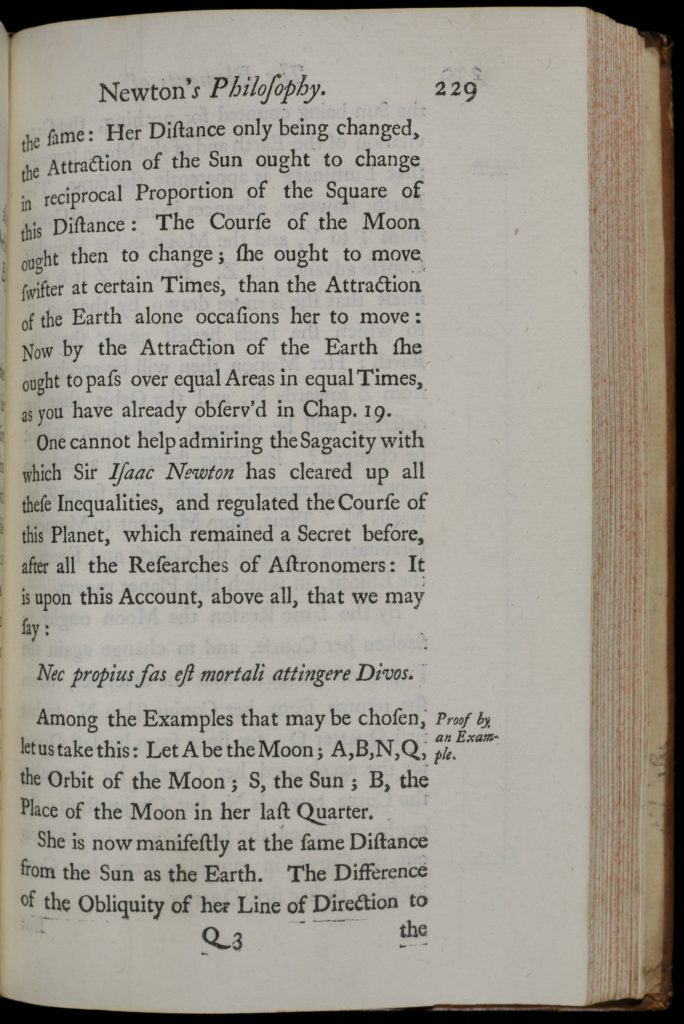
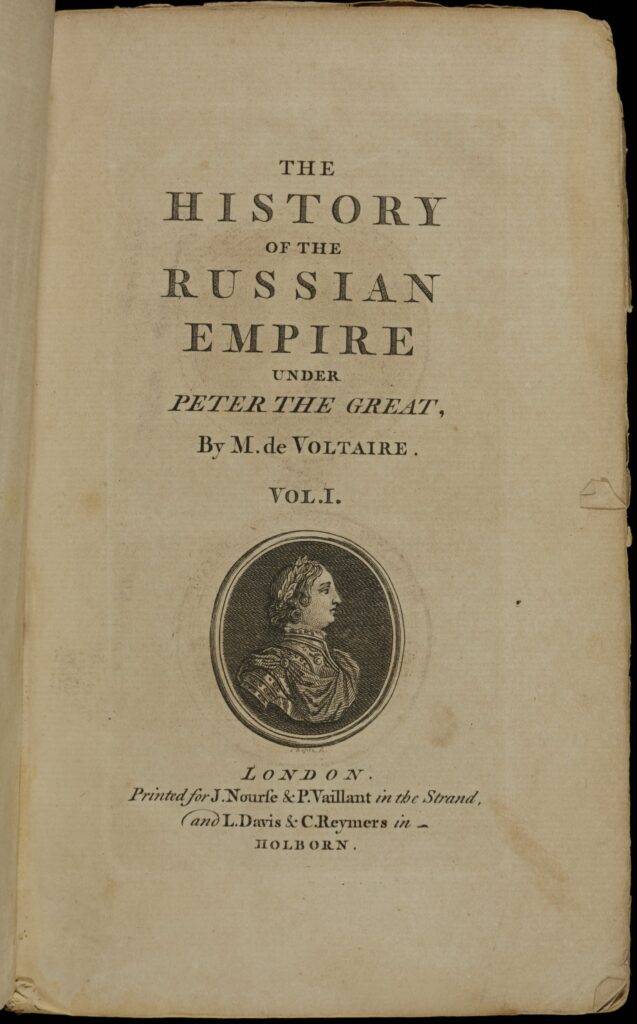
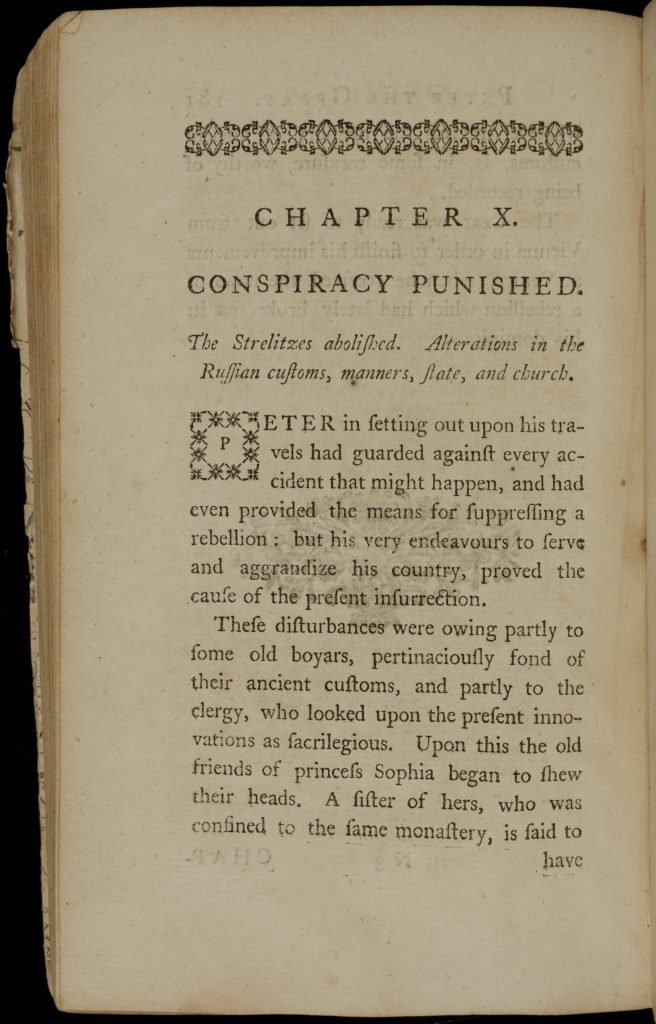
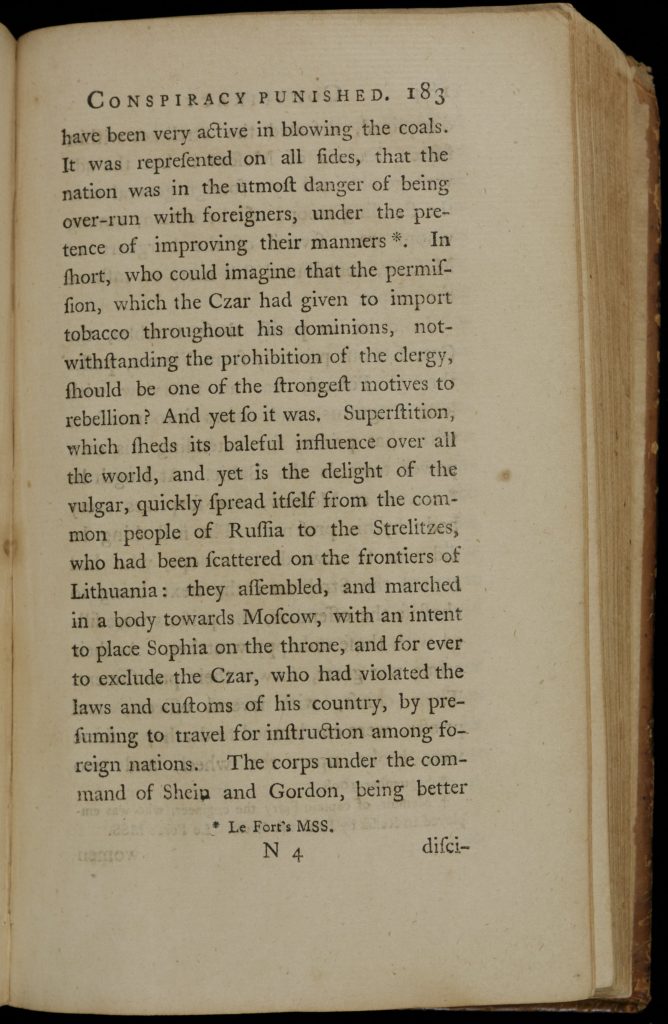
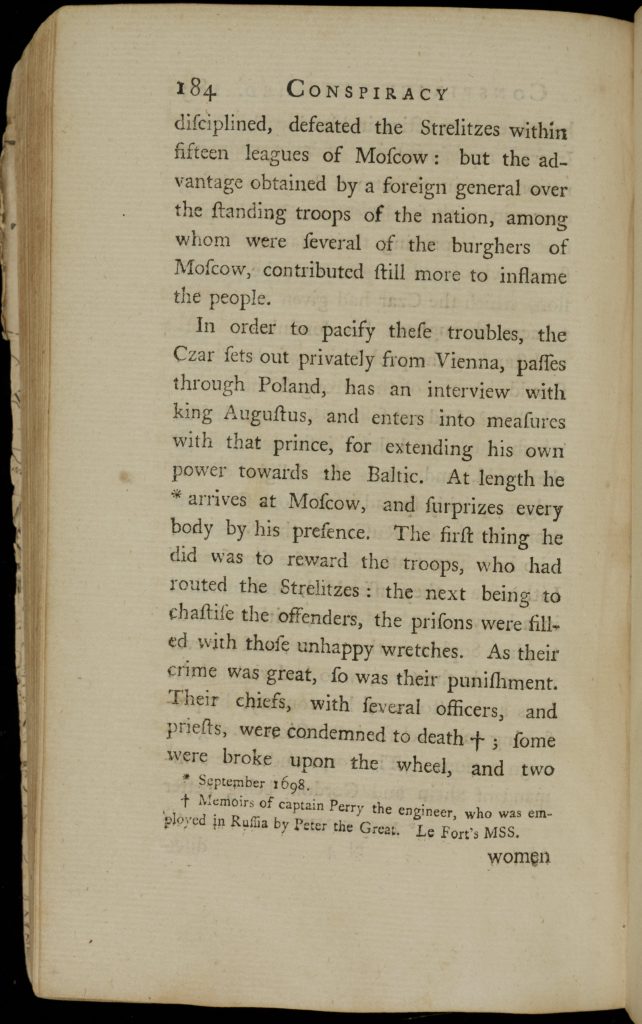
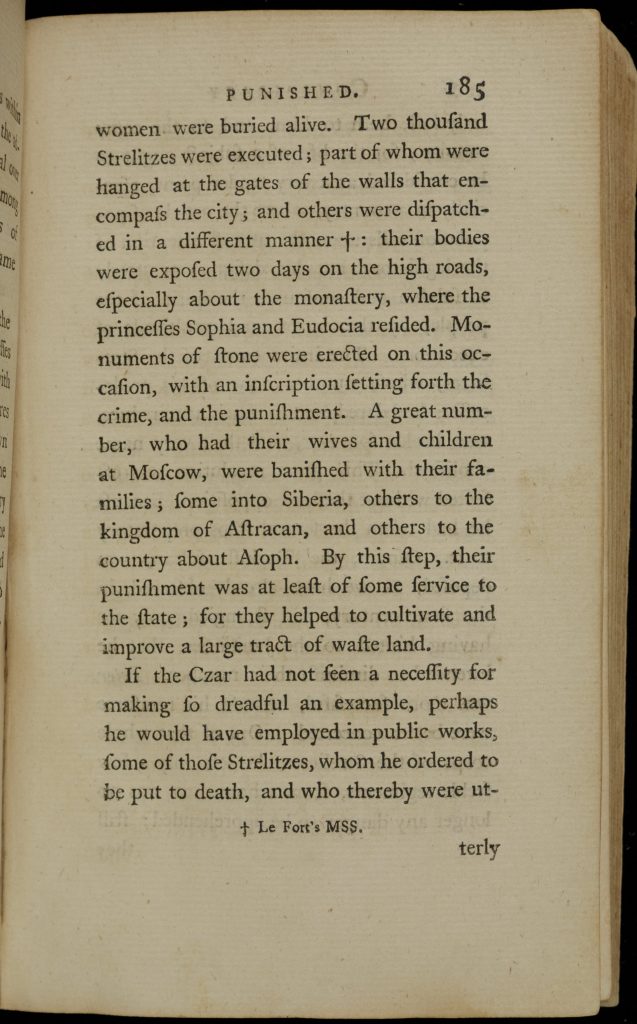
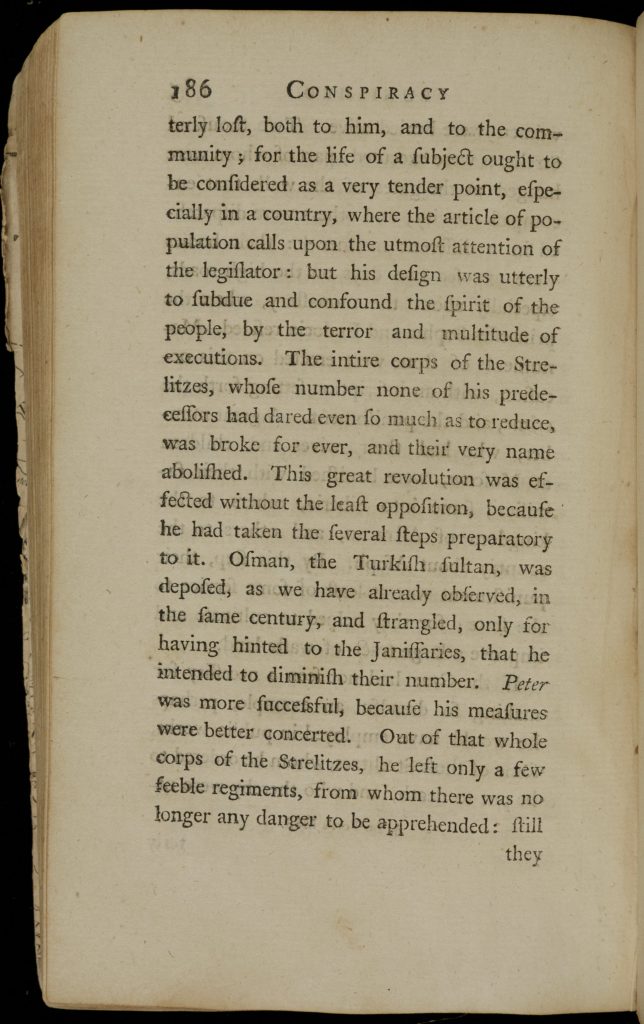
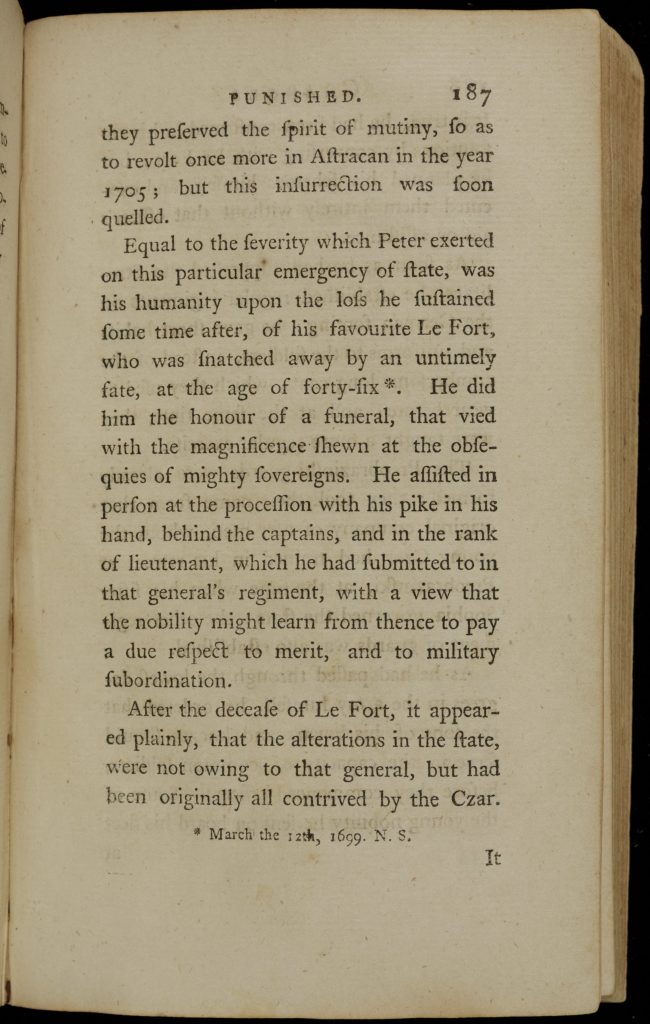

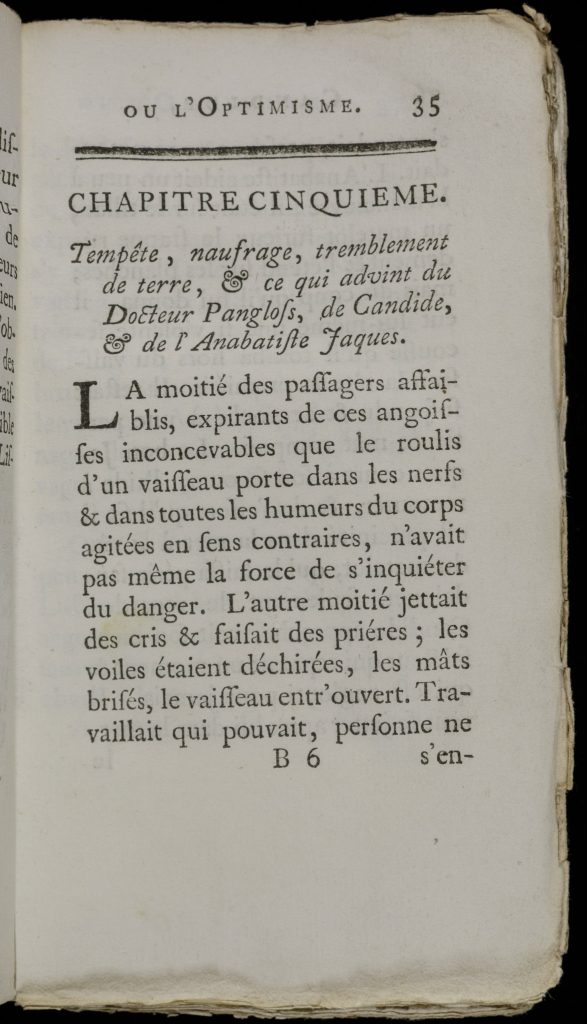
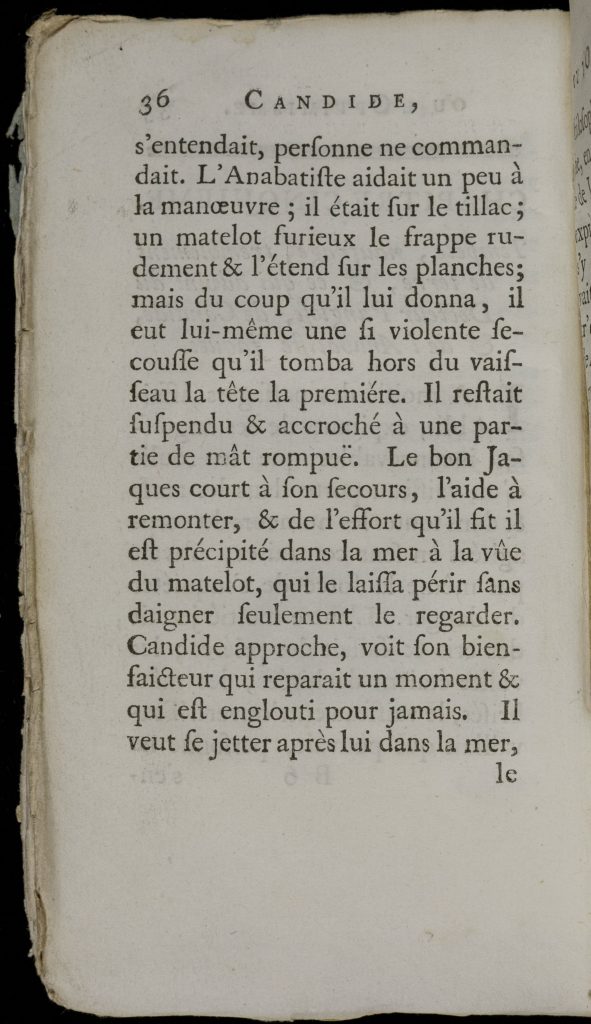
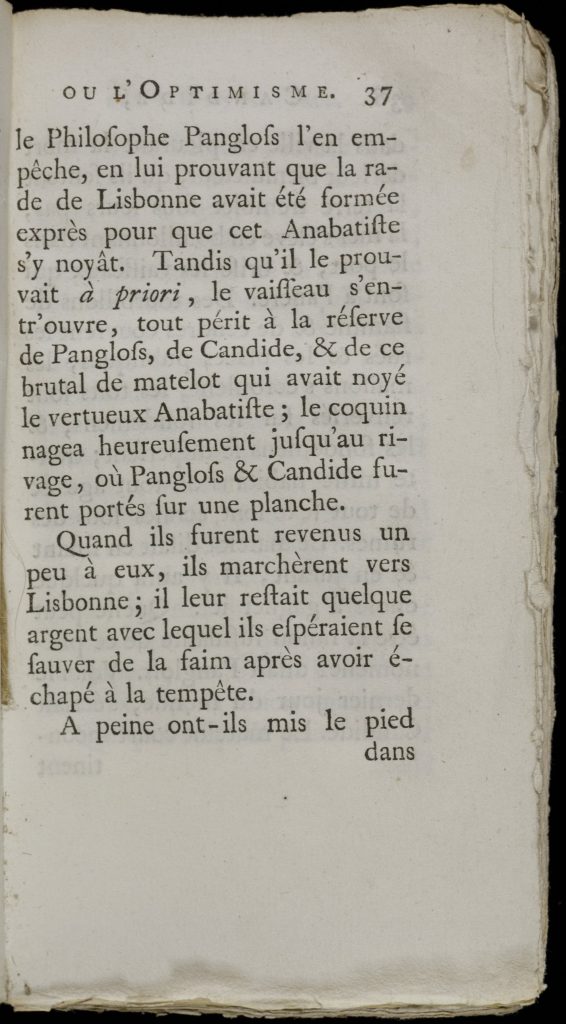
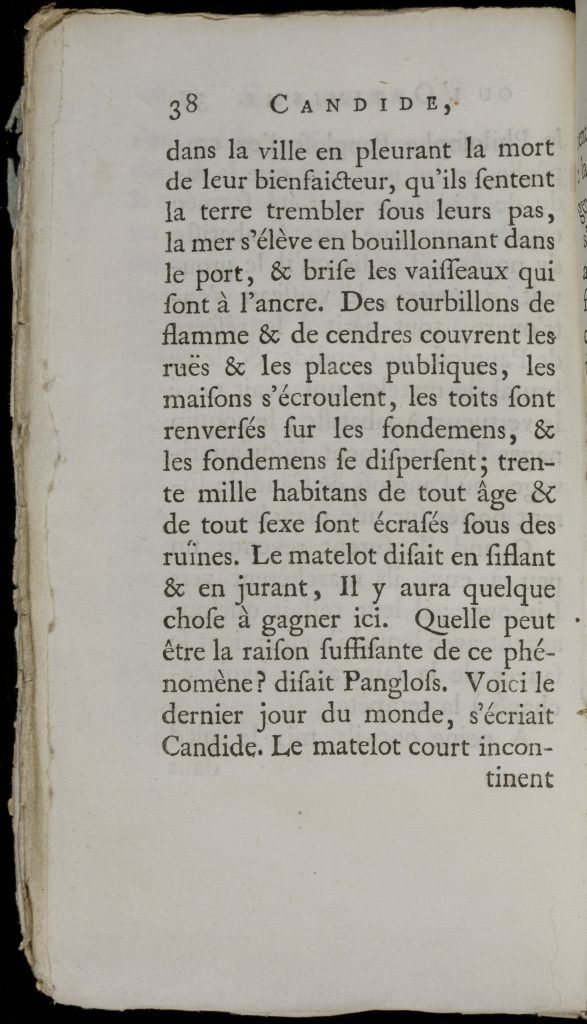
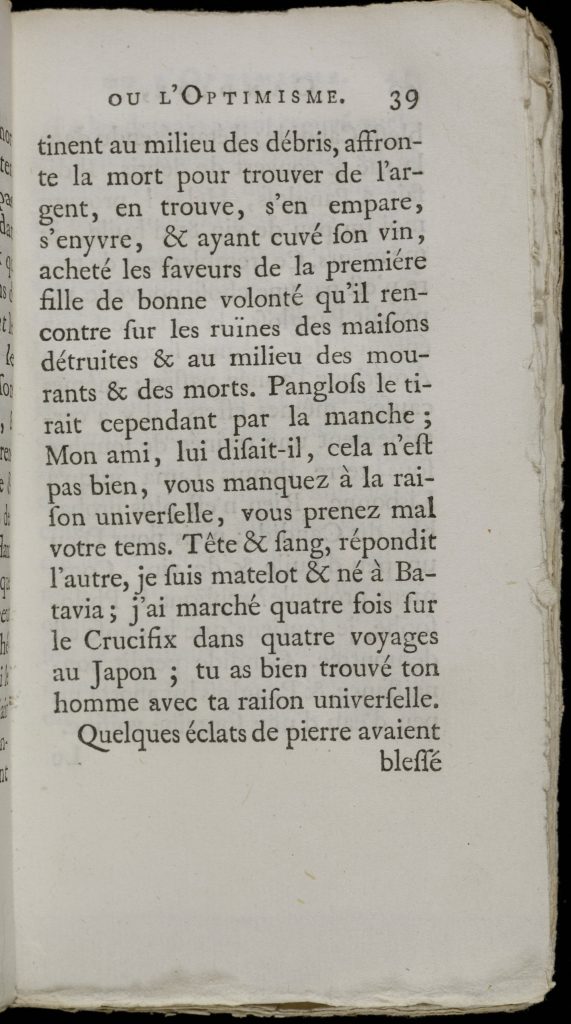
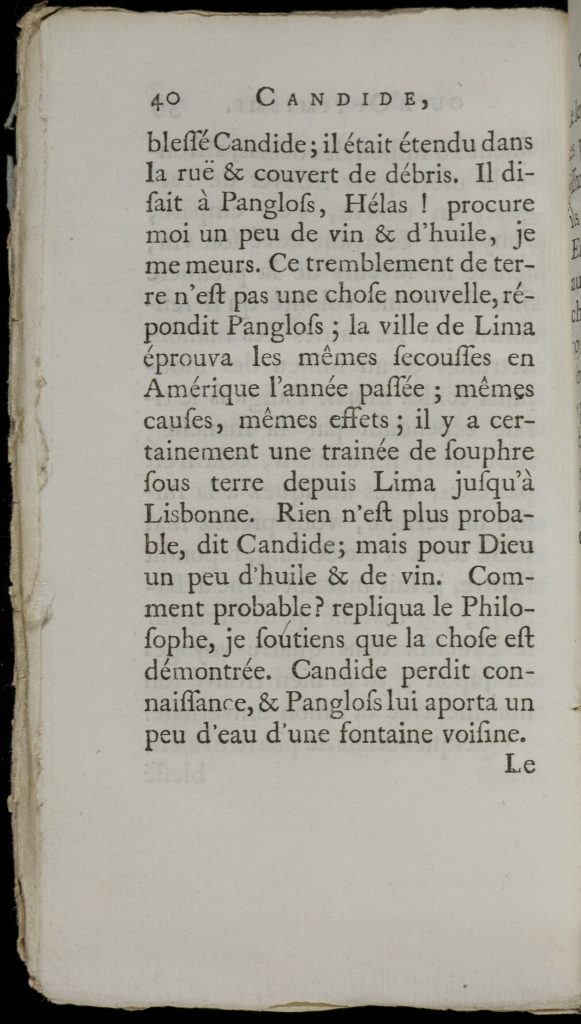
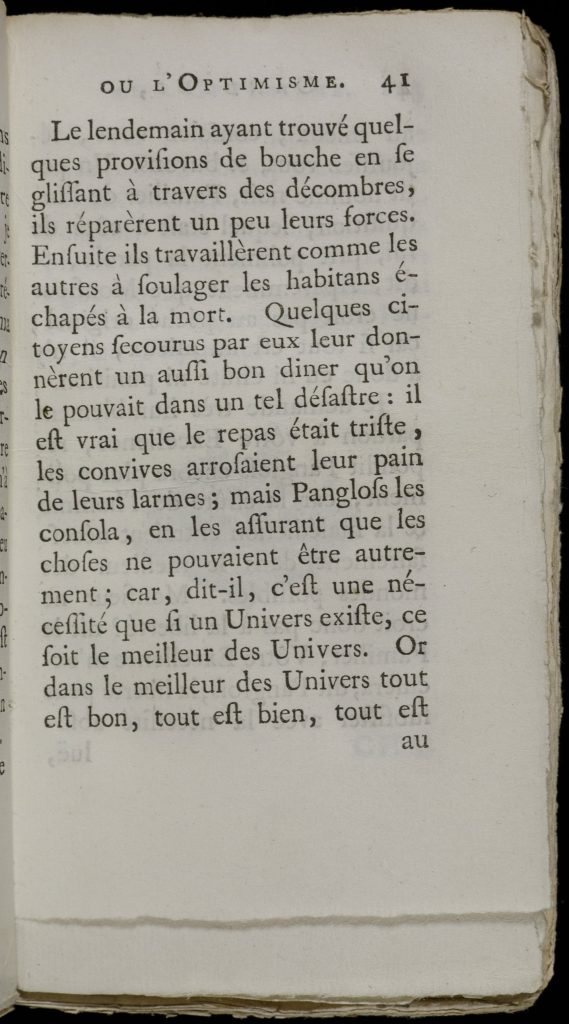
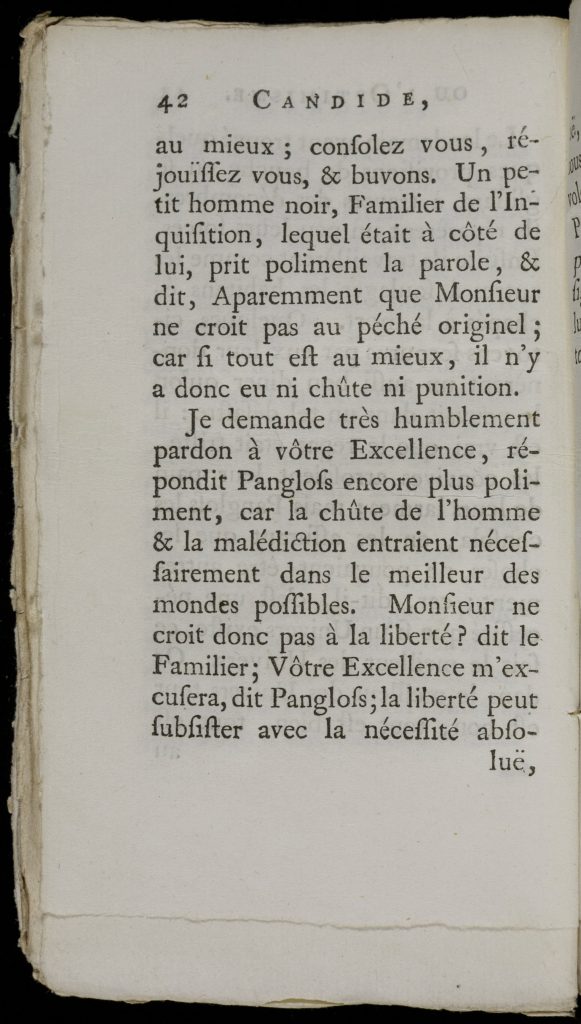
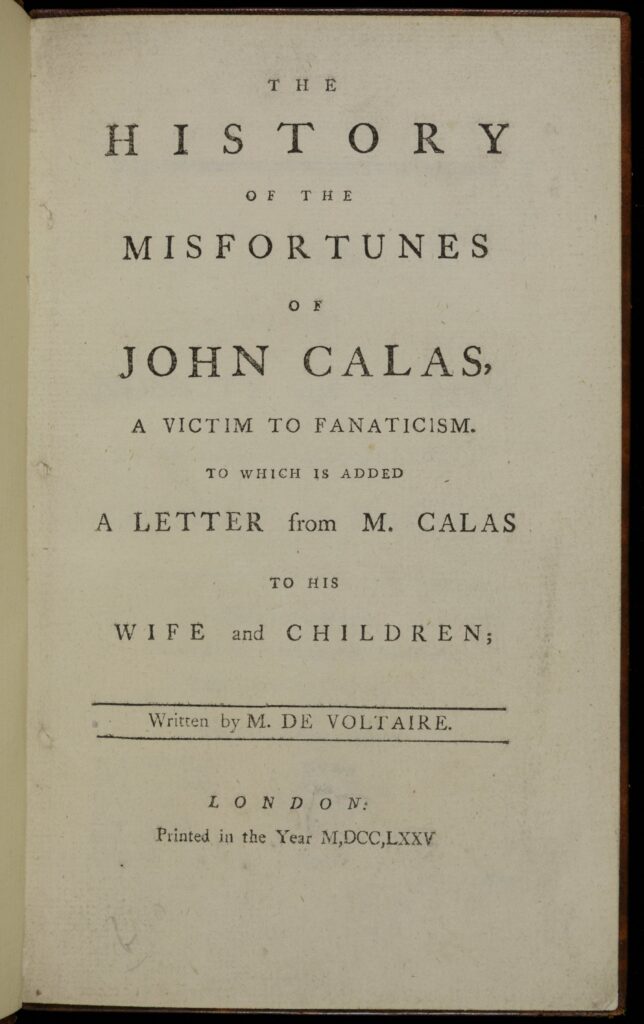
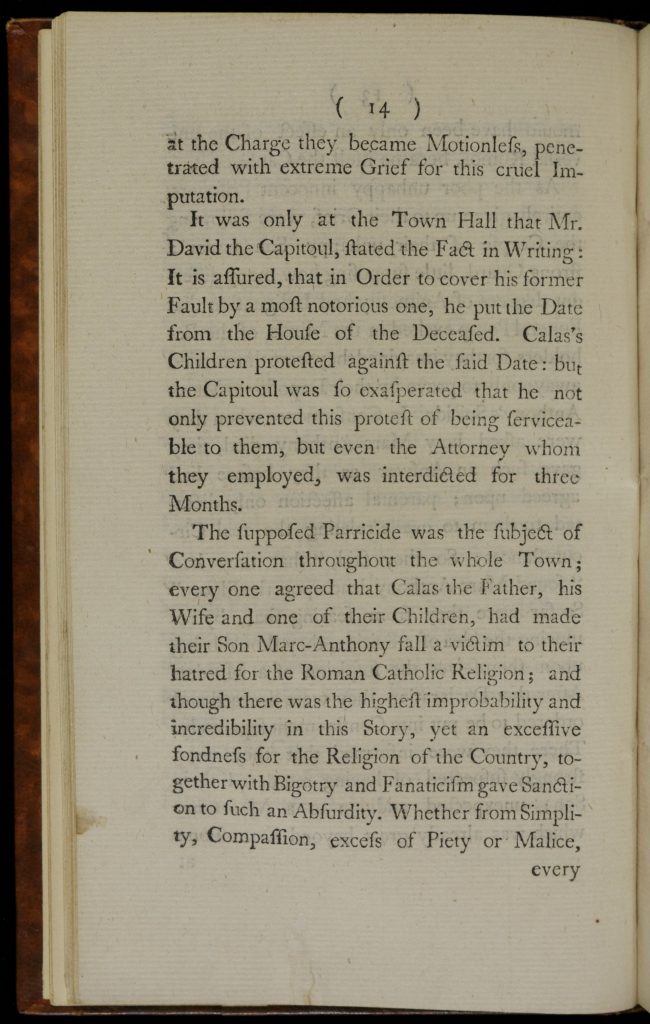
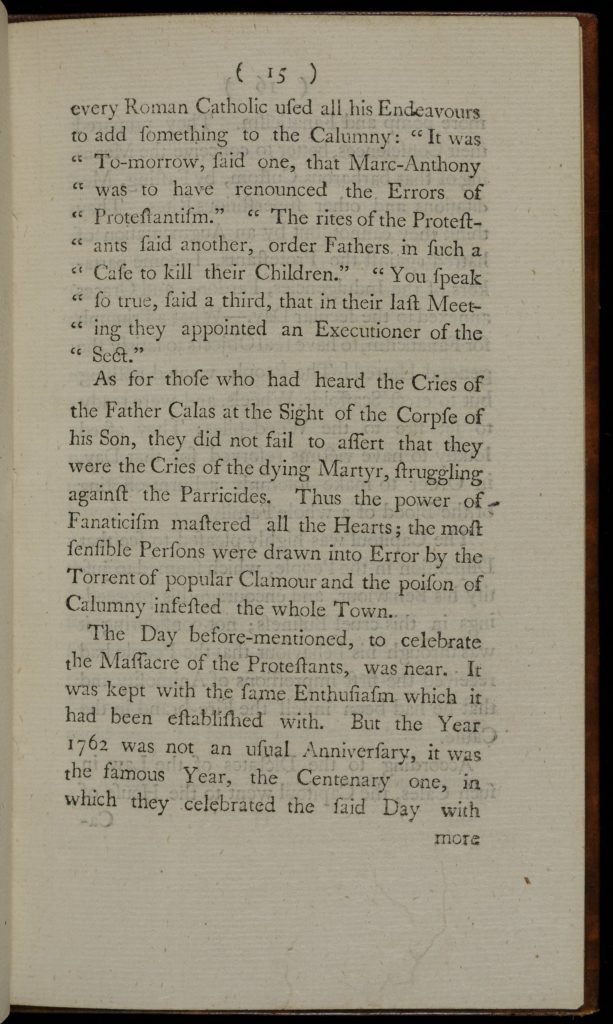
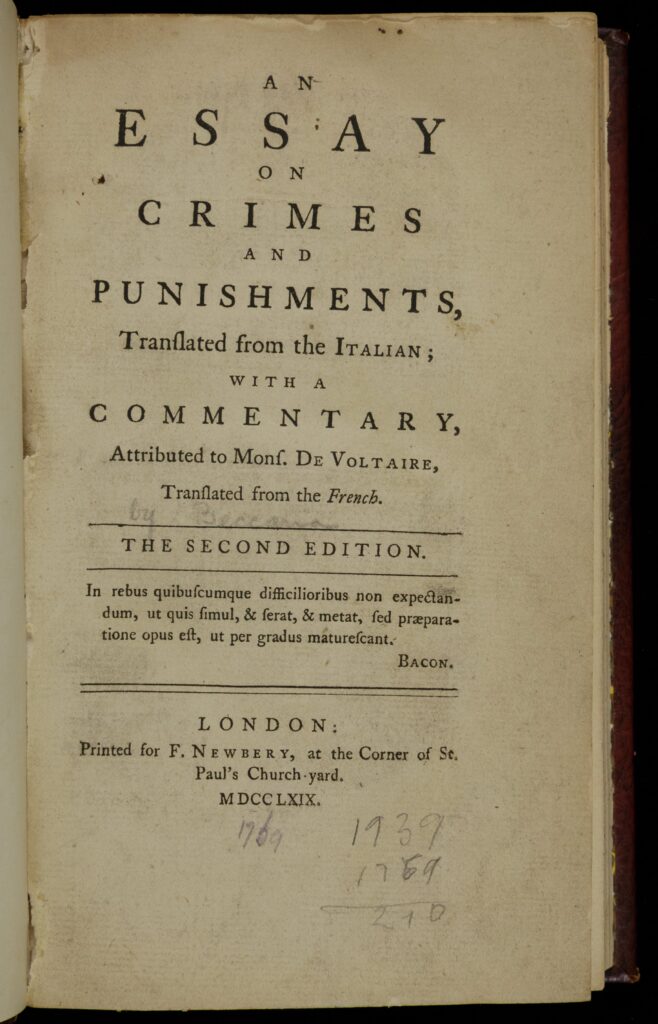
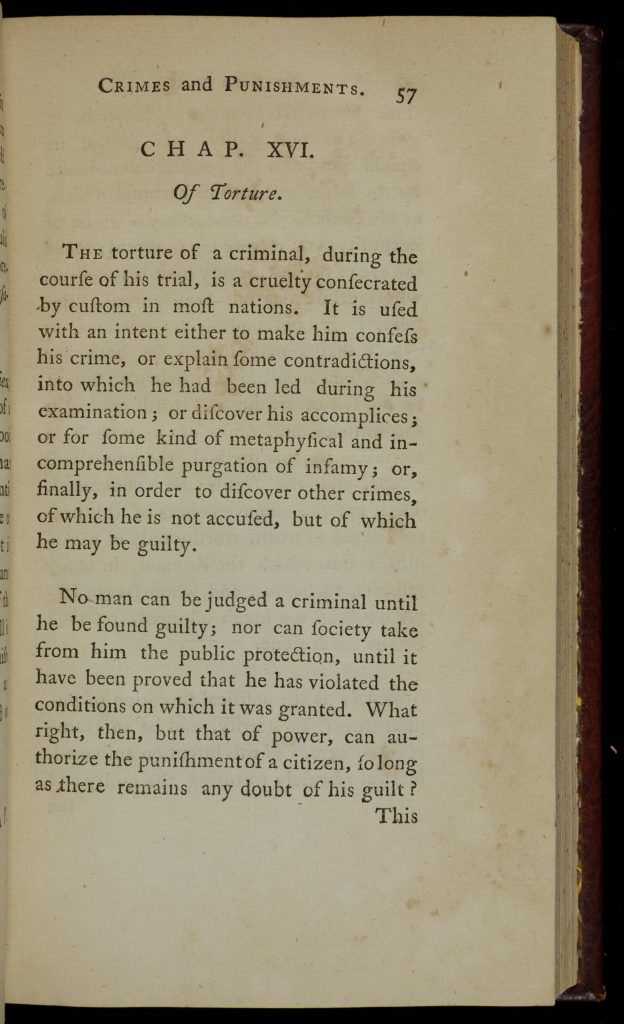
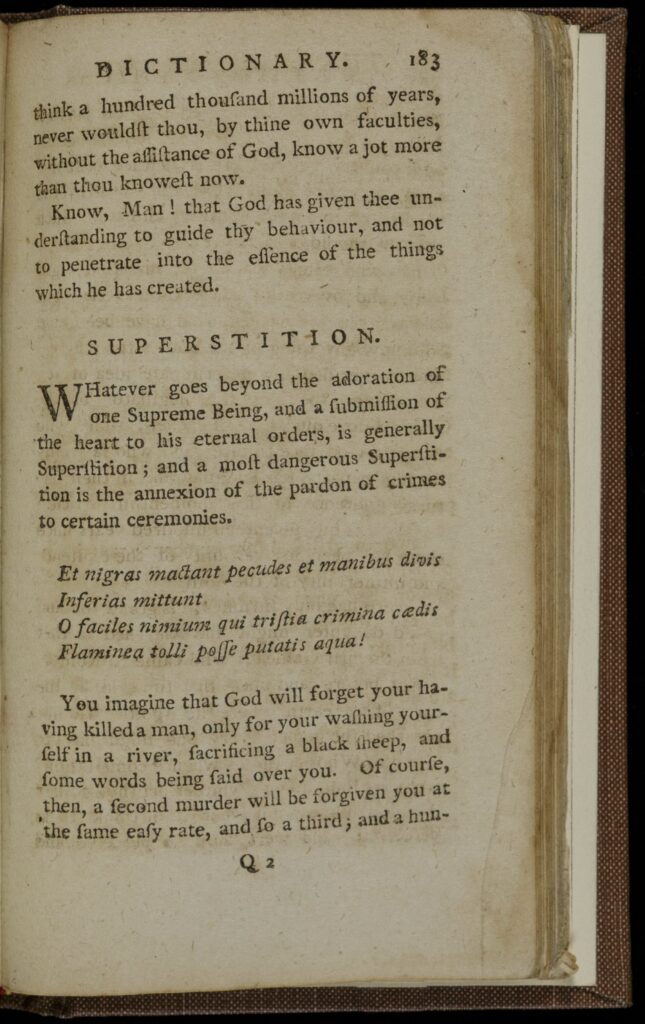
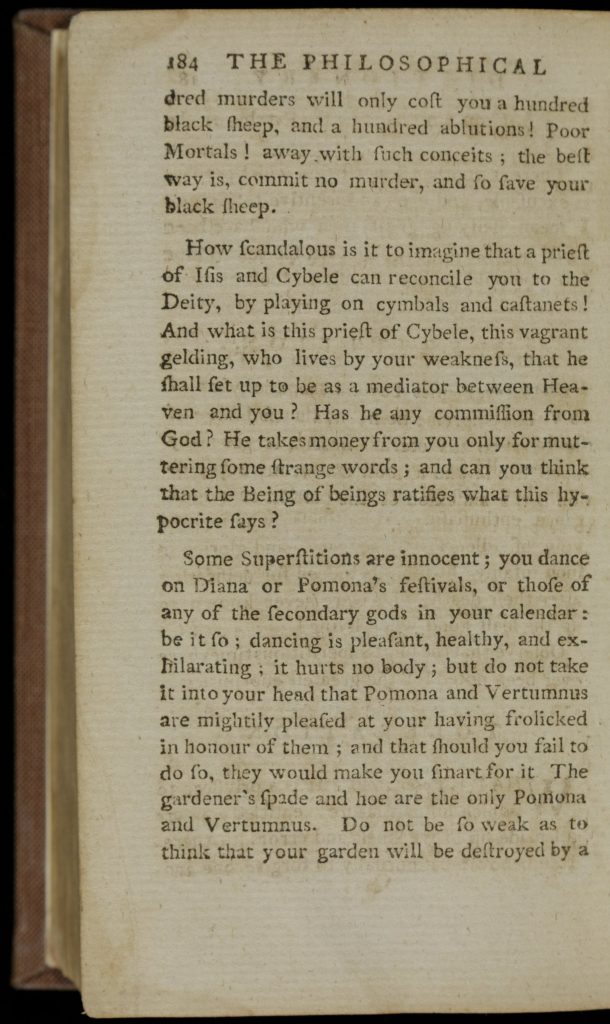
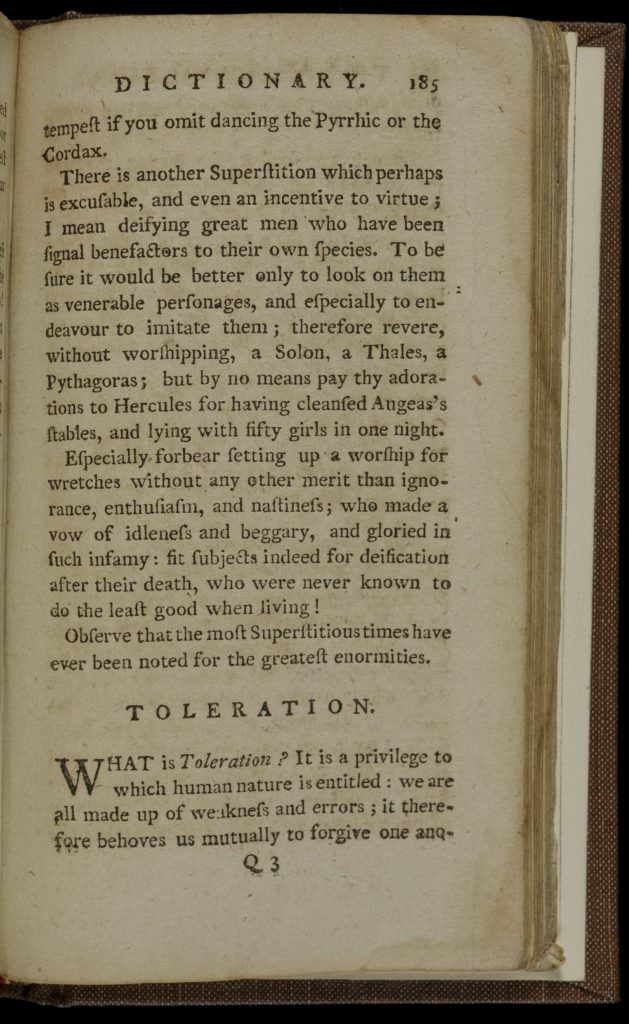
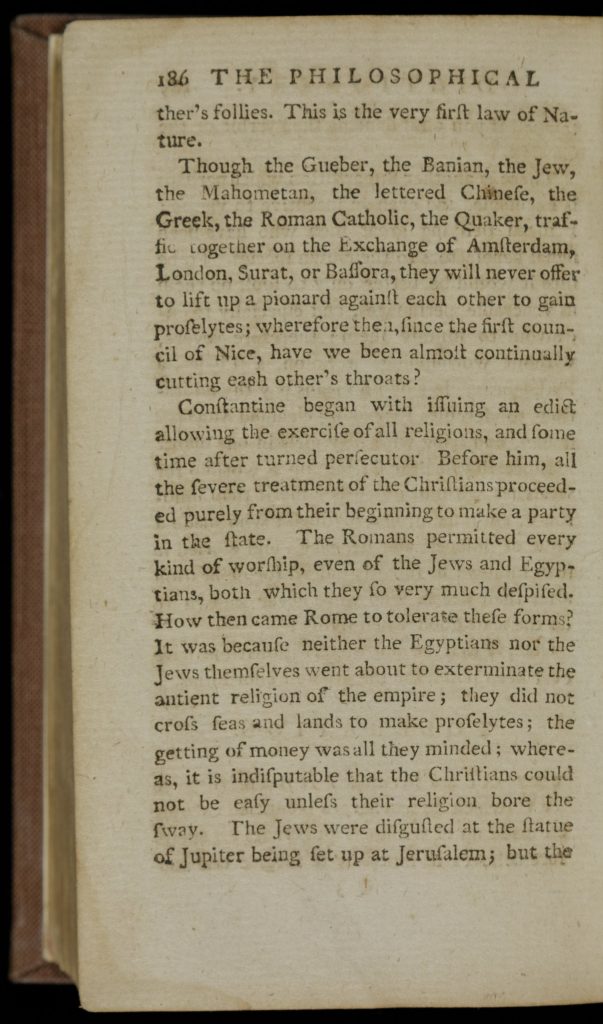
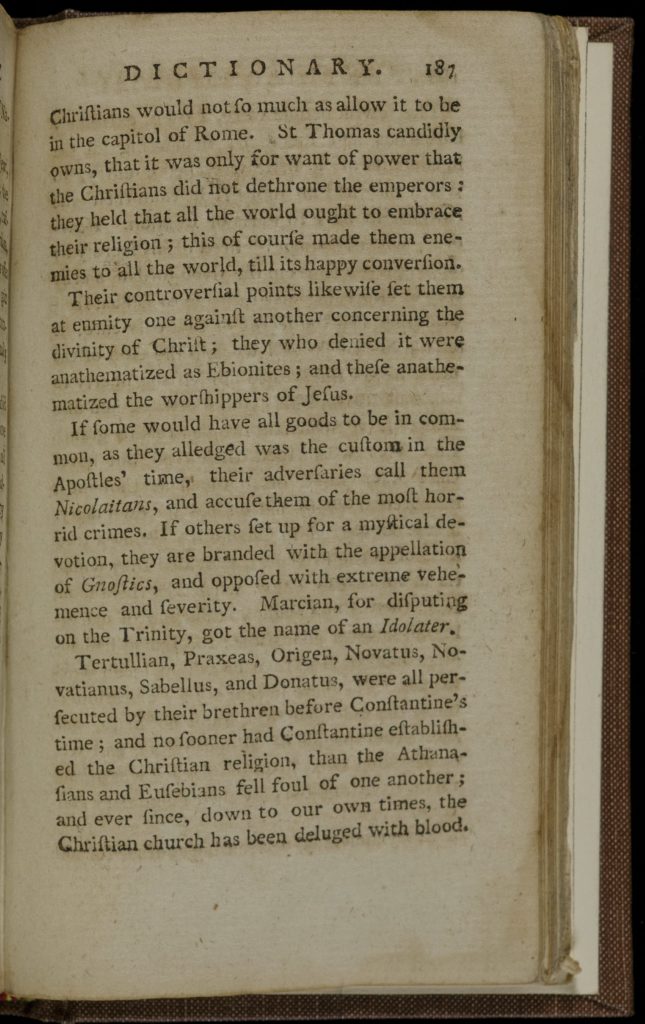
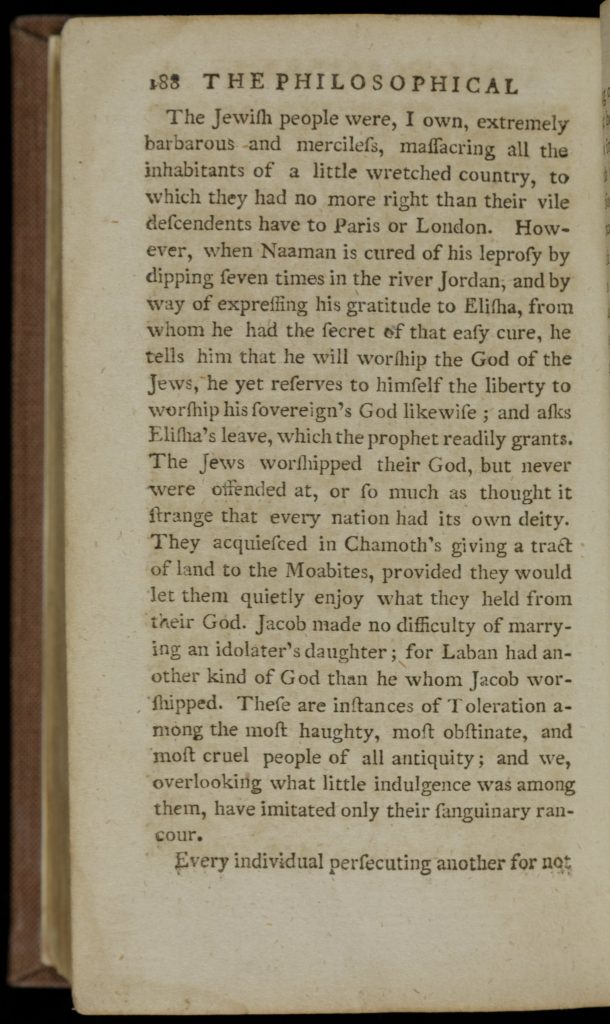
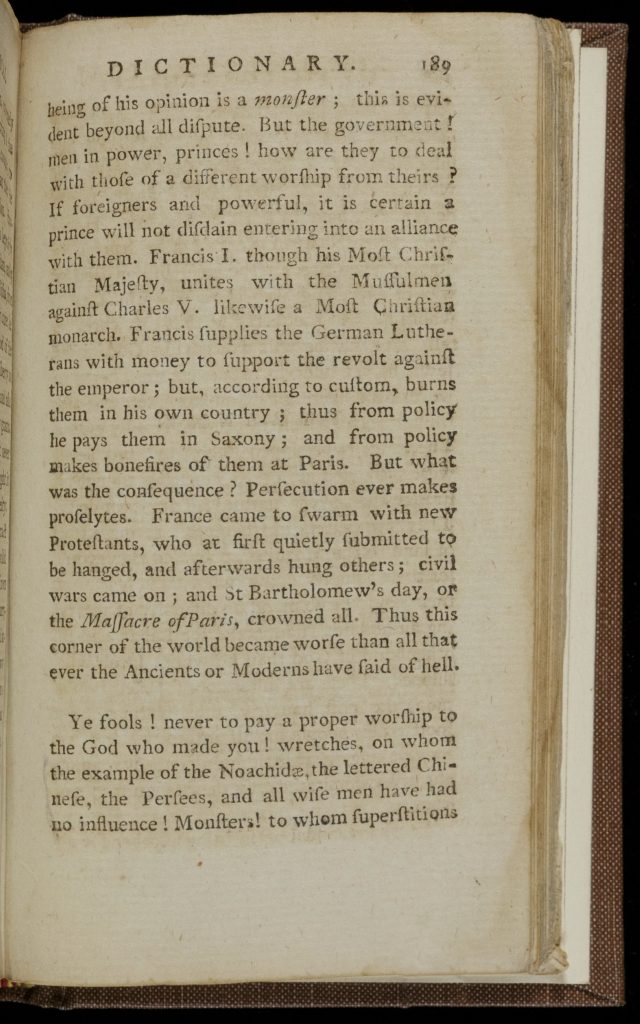
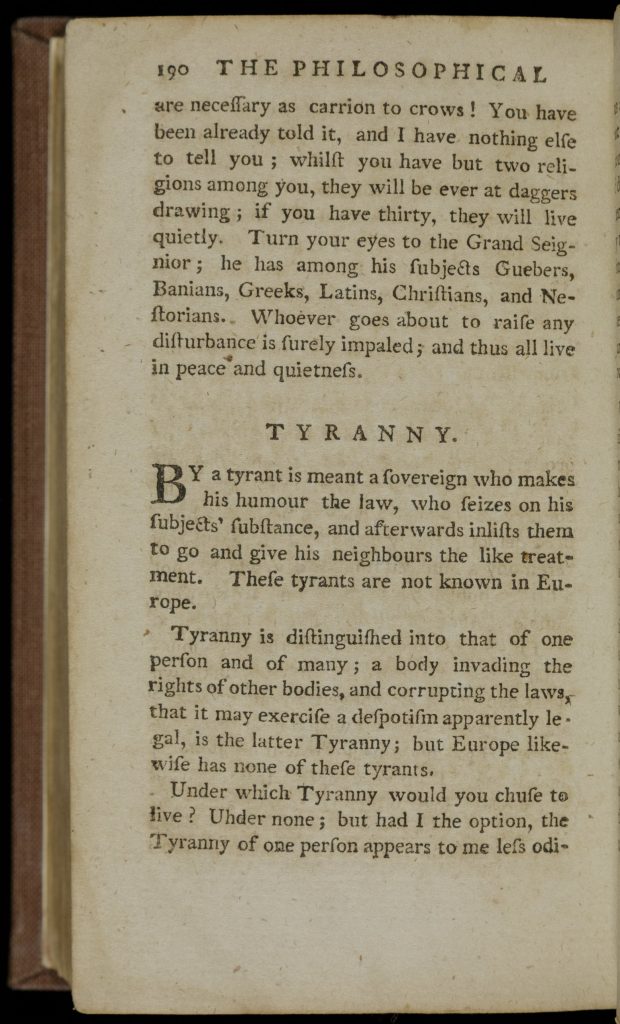
Further Reading
Theodore Besterman, Voltaire (1969)
David Bien, The Calas Affair: Persecution, Toleration and Heresy in Eighteenth-Century Toulouse (1960)
Peter Gay, The Party of Humanity: Essays in the French Enlightenment (1964) and Voltaire’s Politics: The Poet as Realist (1959)
Alan C. Kors, ed., Encyclopedia of the Enlightenment, 4 vols. (2003)
Dorinda Outram, Panorama of the Enlightenment (2006)
Anthony Pagden, The Enlightenment and Why it Still Matters (2013)
Ira O. Wade, The Intellectual Development of Voltaire (1969)




